Welcome to Good Market Info!
Click the logo to return to the Good Market app
Welcome to Good Market Info! Click the logo to return to the Good Market global app.

Welcome to the 43 social enterprises, cooperatives, responsible businesses, civic organizations, and networks that became Good Market approved in January 2022! This month’s roundup includes new community members from Guatemala, Costa Rica, the United States, Canada, South Africa, Ghana, Nigeria, Spain, the United Kingdom, Pakistan, India, Nepal, and Sri Lanka. More than 2,075 enterprises across 77 countries are now part of the Good Market commons.
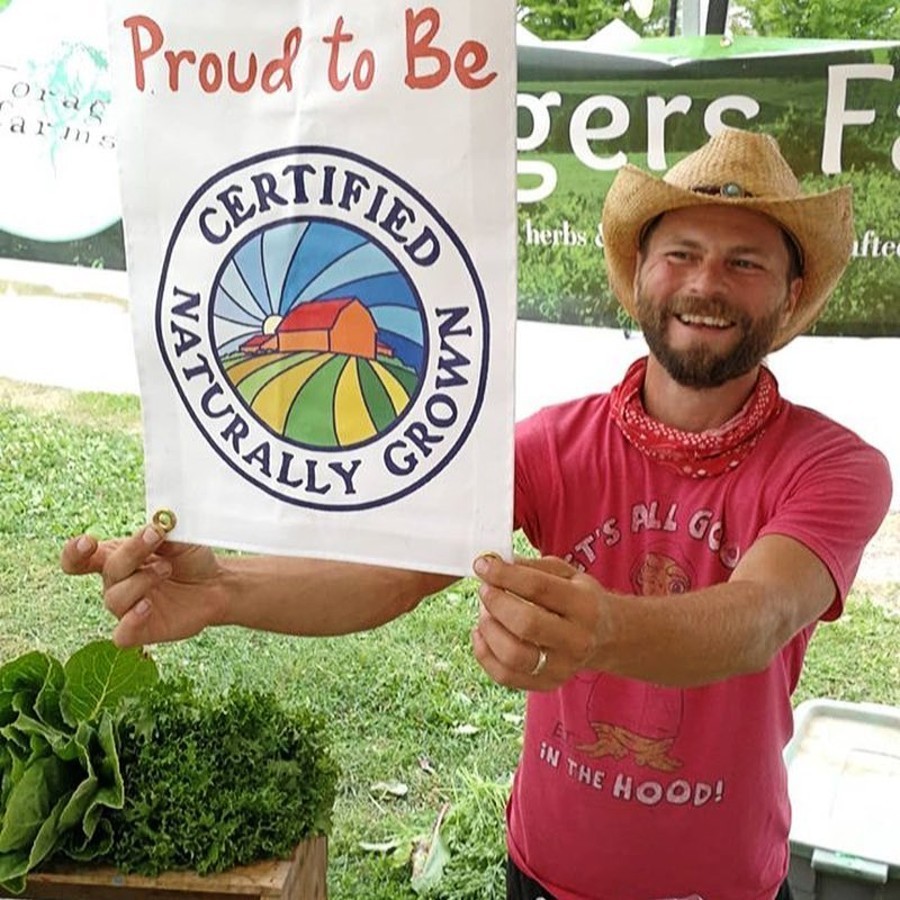
Temple, New Hampshire, United States
Certified Naturally Grown is a participatory guarantee system (PGS) that offers affordable peer-to-peer certification to farmers and beekeepers producing food, flowers, and fiber for their local communities by working in harmony with nature. Their production standards are fully transparent and based on the highest ideals of the organic movement. Certified Naturally Grown certification involves peer inspections and strengthens the farming community by fostering grassroots networks. All certified farmers and beekeepers have a public online profile. Certification dues are kept as low as possible and can be paid in smaller monthly installments. Farmers who are just getting started or facing unusual hardship may apply for financial assistance from the Grassroots Fund to help cover their dues. Certified Naturally Grown is registered as a 501(c)3 not-for-profit organization and reinvests any surplus to expand educational, networking, and market access opportunities for members. They are part of IFOAM-Organics International and other networks that focus on sustainable agriculture and developing local and regional food systems.
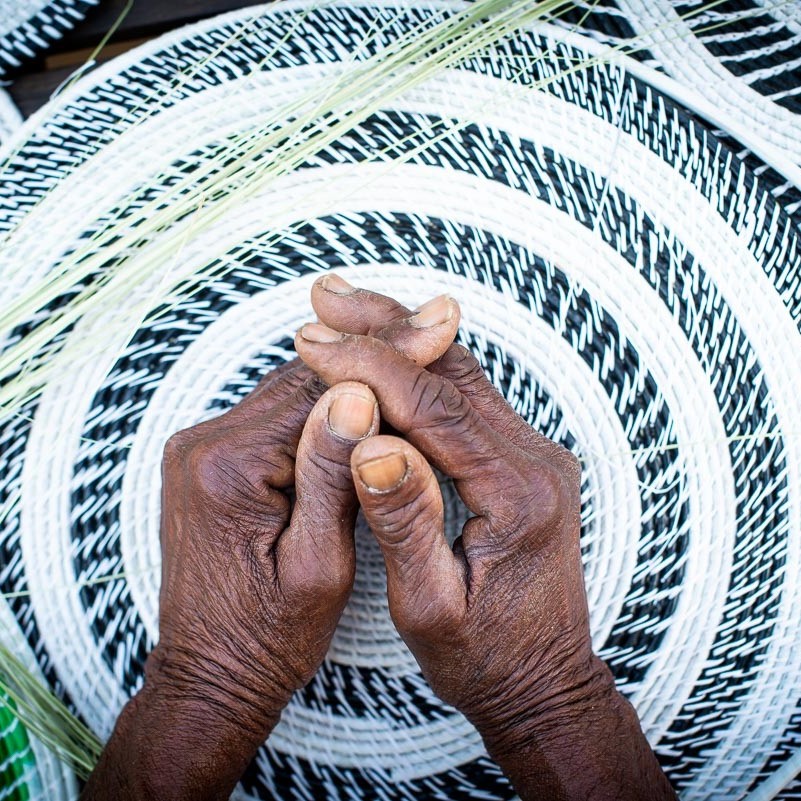
Johannesburg, South Africa and Toronto, Canada
Trade+Impact (T+I) is a global trade association for the craft and natural cosmetics sectors with a focus on women-led social enterprises in Africa and the Middle East. They specialize in trade and investment linkages, training and capacity building, research, and advocacy. In order to provide meaningful, tailored benefits to members, T+I assesses each social enterprise to determine their Trade Tier for export readiness and Impact Tier for community reinvestment. Other membership benefits include event and partnership discounts, expert webinars, member showcase opportunities, a video resource library, and access to the T+I network and database. Trade+Impact held an inaugural Summit and Trade Expo in Africa in 2016. Since then, they have organized the Handmade Futures Summit as a virtual event and curated digital trade expo. Under their Handmade Futures Initiative, they are convening a diverse network of stakeholders, united by an “inclusive, heart-centered approach,” to create transformative systemic change in the handmade sector. Trade+Impact is registered as a not-for-profit organization in Canada.
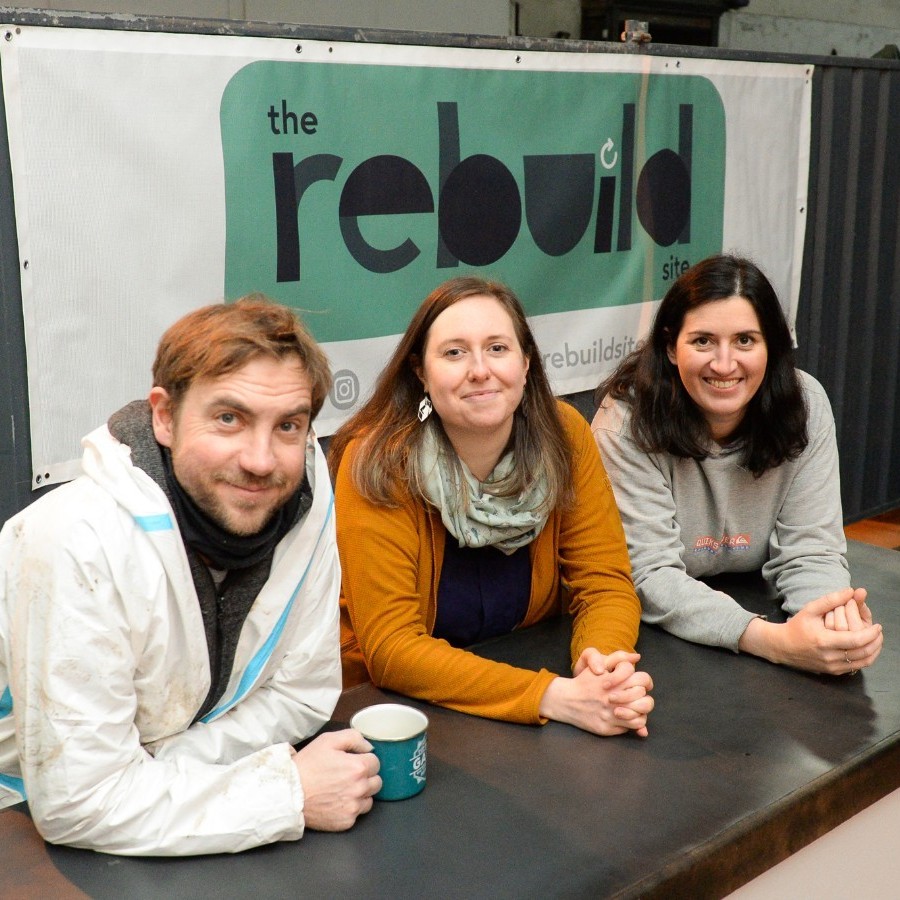
The Rebuild Site brings together contractors, organizations, and individuals to create a circular economy ecosystem and prevent construction materials from becoming waste. They collect surplus materials from construction sites and sell them at affordable rates or give them to community groups for building, gardening, crafting, and repair projects. Currently 13 percent of construction materials go directly to landfill without being used. By encouraging the reuse of existing surplus materials, they are reducing waste and reducing the resources and energy needed to create new supplies. Examples of available materials include timber, blocks, bricks, pavers, pipes, fittings, screws, nails, nuts, bolts, and more. The Rebuild Site uses their platform to raise awareness about construction and the circular economy and maintains a Terracycle collection point on site. They participate in many local networks including Cumbria Action for Sustainability, Sustainable Carlisle, and the Cumbria Net Zero group.
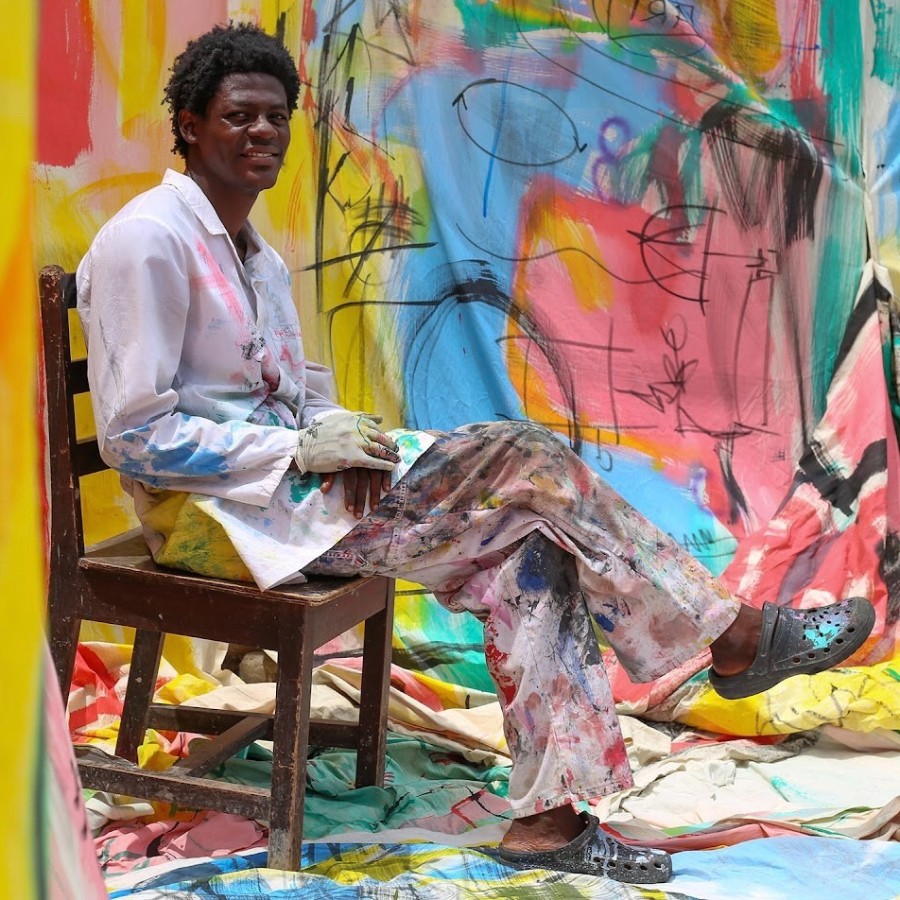
The Slum Studio is a multifaceted Ghanaian research brand that explores the politics of clothing while creating handpainted textiles and wearable art out of fabric waste. They start by visiting and documenting secondhand clothing markets, like Kantamonto, through photos, videos, and discussions with clothing resellers. The stories of these markets become color palettes and symbols which are handpainted onto cotton fabrics that have been imported into Ghana as waste. Each finished piece is unique and produced according to ethical, fair trade standards. The Slum Studio uses their platform to create dialog around mass production, overconsumption, and the social, economic, and environmental impacts of secondhand clothing redistribution. They partner with The OR Foundation and Kayayei Association.
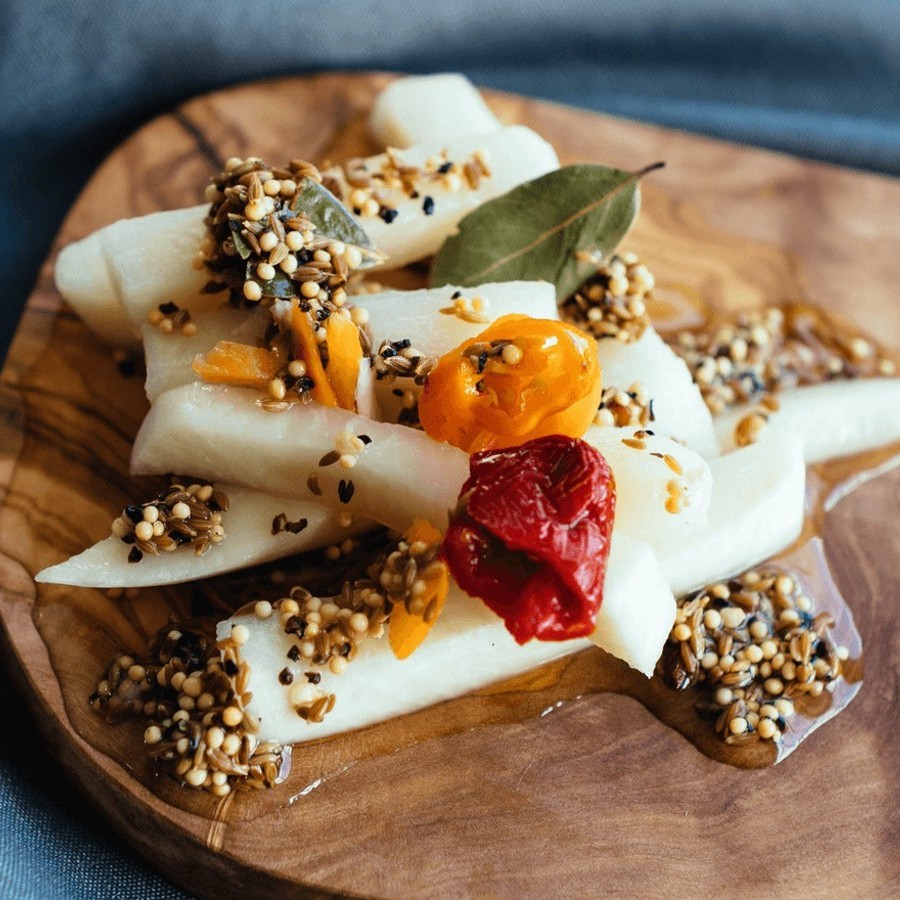
Number 1 Sons sources peak-season vegetables and fruits directly from farms they know and love, transforms them into fermented food and drinks, and sells directly to customers through farmers’ markets in Washington DC, Maryland, and Virginia. They are known for their kimchi, sauerkraut, fermented hot sauce, kombucha, pickled cucumber, pickled daikon, and other pickled vegetables. Number 1 Sons is committed to mutual cooperation, fair living wages, community-centered commerce, sustainable local food systems, and environmentally responsible practices. They minimize waste, use food scraps in other products, and collect kombucha bottles for sterilization and reuse. Number 1 Sons is part of Slow Food DC and a winner of their Snail of Approval.
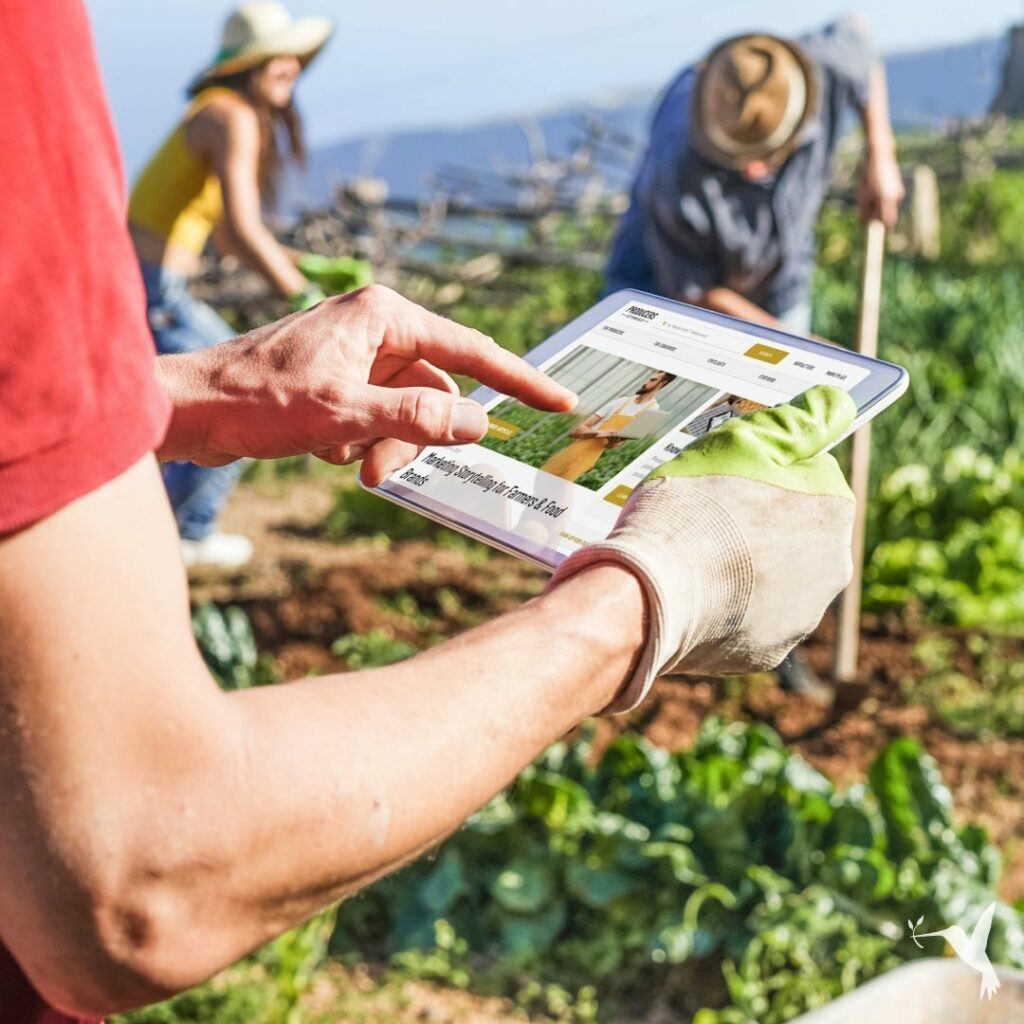
Boulder, Colorado, United States
Producers Market is a direct sourcing marketplace that aims to create an agricultural system based on transparency and trust where producers earn a living income and develop resilient communities and ecosystems, buyers are able to connect directly with producers, and consumers know producers’ stories and are able to make informed purchasing choices. Agricultural producers are able to list products, share stories, access digital marketing services, and connect with buyers for free through the marketplace. The StoryBird app includes blockchain traceability technology to track products from origin to end consumers. It can also be used to capture carbon metrics and social and environmental impact data to help brands tell real, validated stories. Producers Market works with the Subnational Climate Fund, Green Climate Fund, Global Alliance for a Sustainable Planet, Inter-American Institute for Cooperation on Agriculture, and other global partners.
Toronto, Canada
auticon Canada creates opportunities for people on the autism spectrum to do highly qualified work and build sustainable and successful technology careers. They are the first company in Canada to exclusively employ individuals on the autism spectrum as IT consultants. By creating autism-positive work environments and offering tailored and sustained support for autistic employees, auticon enables companies to engage with a highly-skilled and untapped talent pool with unique cognitive strengths. Services include software development, quality assurance and testing, data analytics and engineering, data science, cybersecurity, and IT administration. auticon Canada uses their platform to raise awareness about the benefits of a neurodiverse workforce and helps clients see that “autism is not a processing error; it’s a different operating system.” They make periodic donations to not-for-profit groups supporting autism services for traditionally underserved communities including Black and Indigenous people, people of colour, and women.
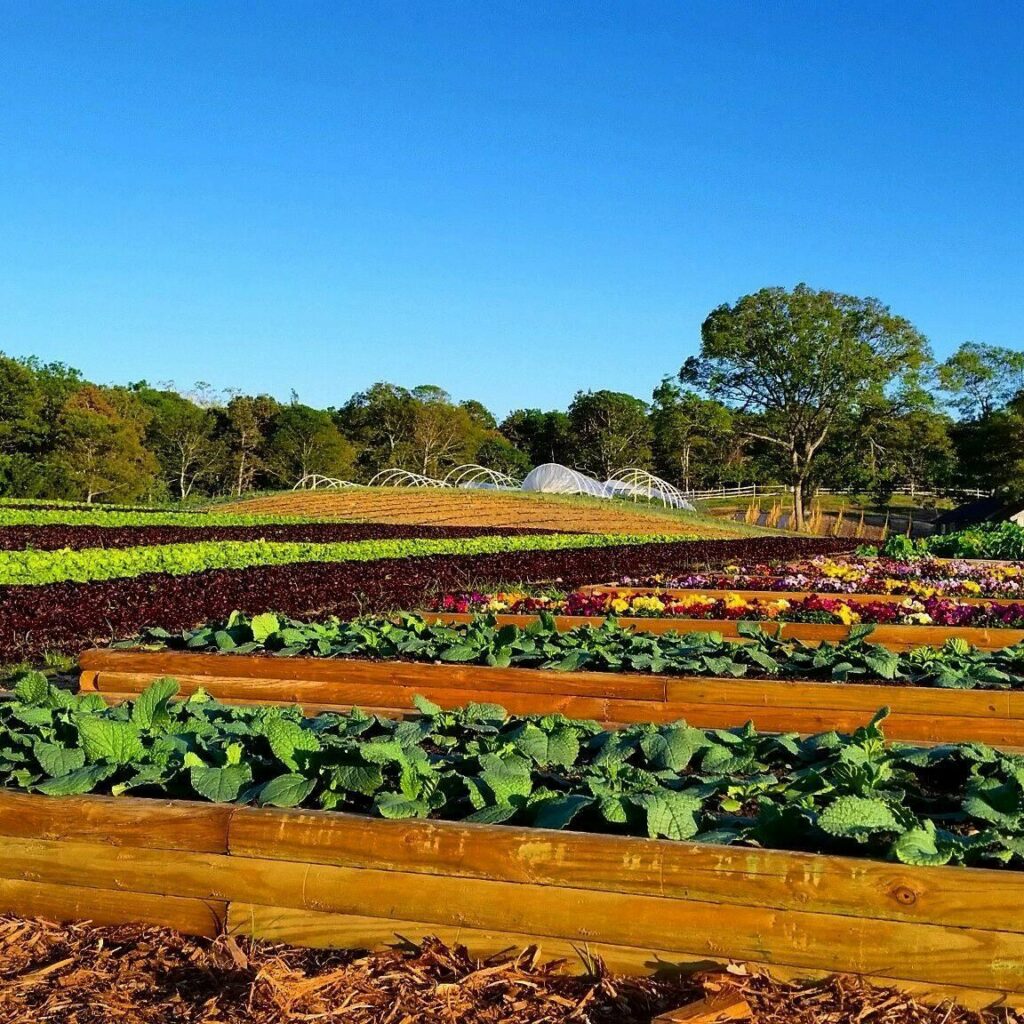
Chatham Bars Inn Farm is an eight acre farm on Cape Cod that specializes in sustainably grown fresh produce. They supply the kitchens at Chatham Bars Inn and sell to the community through a seasonal farm stand. Products include 125 varieties of vegetables, flowers, potted plants, seedlings, kimchi, pickles, salsa, hot sauce, and more. Food waste from the restaurant kitchen is composted and used to develop the area’s sandy soil. The farm offers tours, workshops, farm-to-table dinners, and other events to raise awareness about sustainable farming practices and the local food movement. Chatham Bars Inn Farm donates over ten thousand dollars worth of produce per year to trusted local food banks including the Harwich Family Pantry.
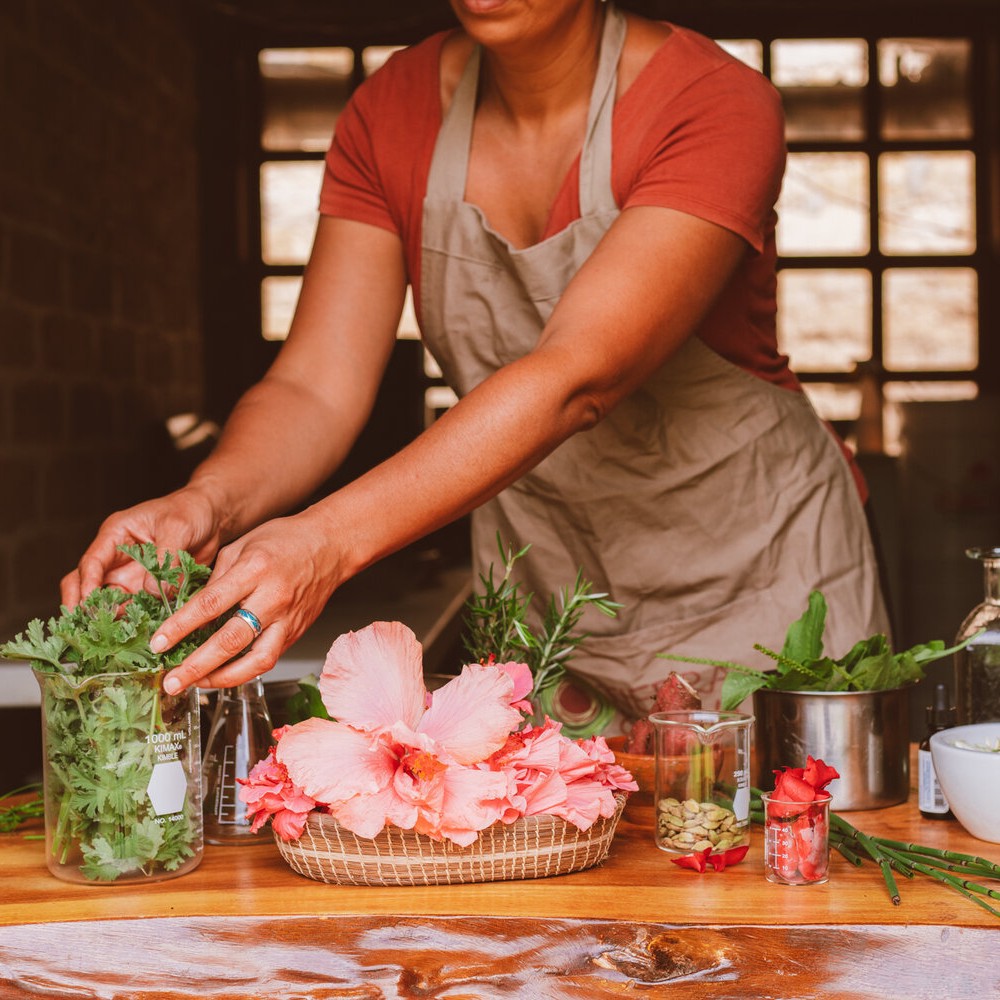
Tierra & Lava creates natural skincare products inspired by ancient Mayan wisdom and generates sustainable economic impact for smallholder farmers in Guatemala. Their deodorants, sunscreens, balms, serums, and soaps are made from natural botanicals and minerals that are ethically sourced from local suppliers. Eighty percent of the botanical ingredients come from their own mountaintop garden. They source cacao from an organic farm in the Izabal region, copal from women in Uaxactun, Mayan black salt from Don Max, and beeswax and honey from artisanal beekeepers. Tierra & Lava is a zero waste company. They prioritize packaging materials that are compostable or easily reusable or recyclable, offer bulk refill options to stores, hotels, and spas, and minimize waste in their own operations. Any unrecyclable plastics are repurposed into ecobricks, which are used as garden borders. They have also invested in compost toilet facilities and a gray water filtration system. Tierra & Lava is a member of their local village cooperative. They are certified by Fair Trade Sustainability Alliance (FairTSA).
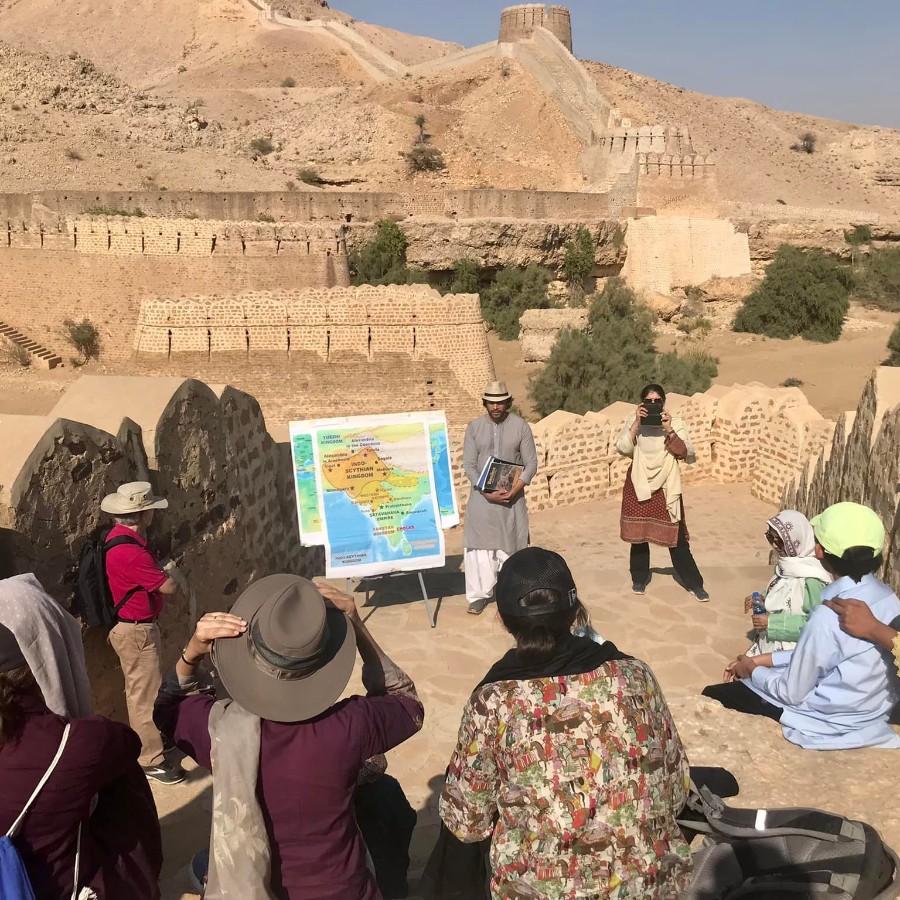
Cube Edutours documents, preserves, and shares the culture and heritage of the Indus River Valley bioregion. They offer heritage architectural experiences that revive and redefine the Pakistani identity and restore the lost history of the people who passed through and settled in the region over the millennia. Cube Edutours is developing a platform to compile research and stories, publish and share books, maps, videos, and online content, engage local communities, train guides at heritage sites, organize webinars and conferences, and continue offering onsite experiential learning tours and retreats. They aim to nurture dialog between Pakistan’s provincial archeological departments in connection with relevant groups in other countries. Cube Edutours recognizes local communities as the earth-custodians of architectural heritage sites, and they support them during visits by paying for traditional storytelling, indigenous food, and local folk music performances. Beyond the visits, they remain connected and assist with fresh water wells, solar power systems, education and health facilities, or other requirements.
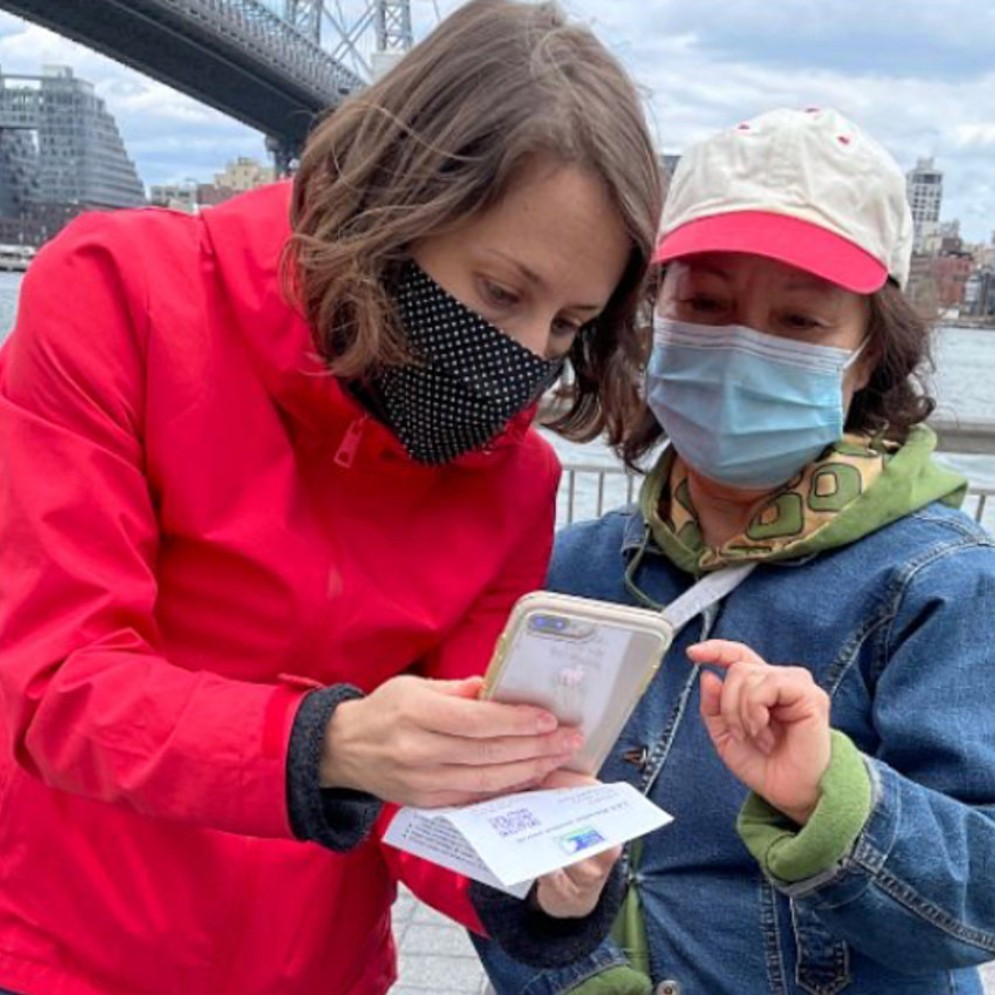
Green Map System provides an award-winning iconography, adaptable framework, and social mapping platform that help people chart and promote sustainability in their own city. They support a locally-led community mapping movement that started in 1992 with a Green Map of New York City and spread to 65 countries through the work of Green Map Makers that are committed to inclusive participation and local livability in their home communities. Together, they have co-designed 170 Green Map Icons that can be used to identify local ecological, cultural, sustainability, and social justice sites on the Open Green Map platform or on other online mapping platforms. Services and resources are under a Creative Commons license and available at no cost to non-commercial users including educators, nonprofits, local governments, and grassroots community groups. Green Map System is a 501(c)3 not-for-profit organization that maintains these resources and offers tours, talks, and consulting services. They are part of O2 Global Network on Sustainable Design, the New Economy Coalition, and LES Ready.
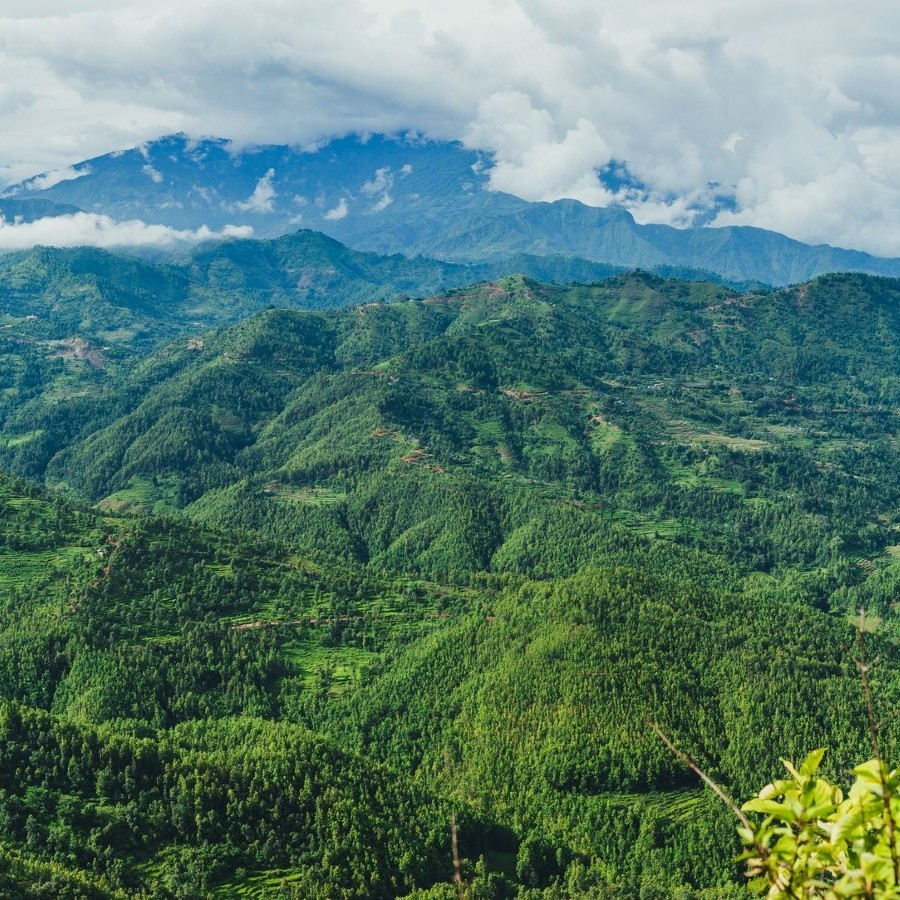
Artha Networks emerged from Artha Impact, the impact investing arm of Rianta Capital. Artha was committed to supporting small ticket, high risk social enterprises in India, but their impact was constrained by the high transaction costs associated with the majority of such deals. In 2008, they developed a software platform to lower the costs of discovery and due diligence in underserved regions and sectors. Artha Networks now offers an easy, automated white label of this platform for other impact investor networks, family offices, and institutions that want to lower their costs, increase their impact, and reduce the travel requirements and carbon footprint associated with discovery, due diligence, and monitoring. The platform is designed for interoperability and makes it possible to link with other mission aligned investment platforms to exchange information and opportunities. Artha also manages Impact for Breakfast, a global network of family offices, foundations, funds, venture philanthropy, and intermediary organizations with a shared interest in exploring the power and potential of social enterprise, entrepreneurship and impact investing.
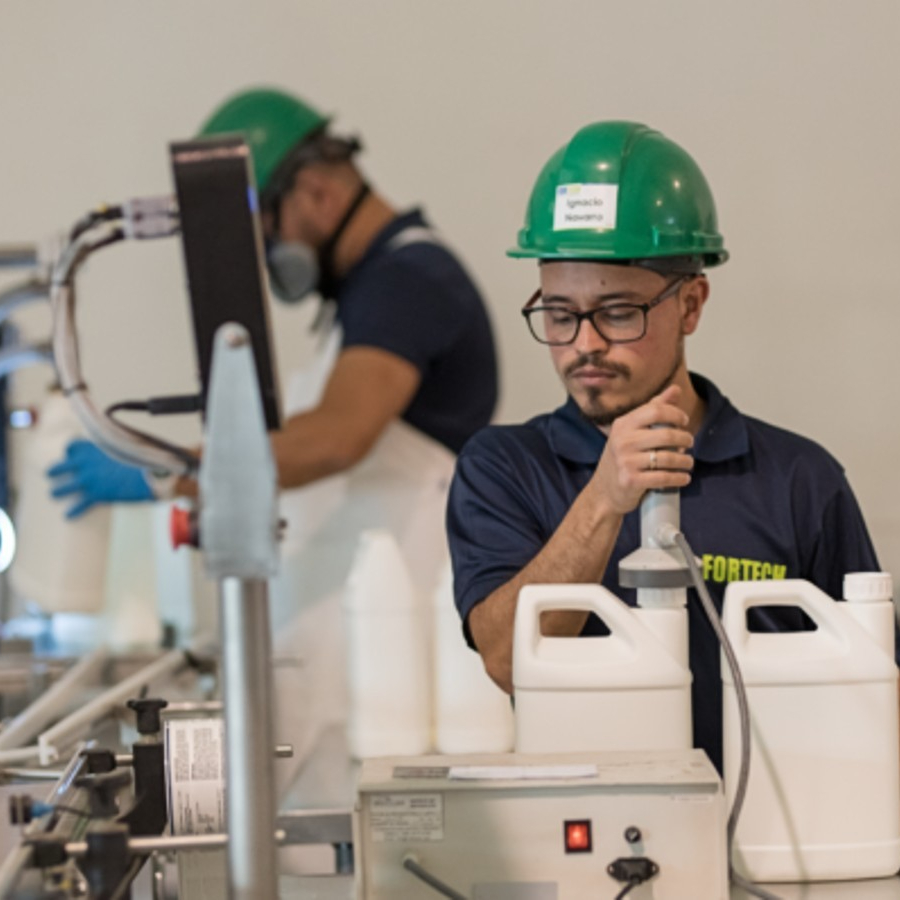
Fortech is a circular economy pioneer that specializes in hazardous and industrial waste recycling. They use state-of-the-art technology to remove toxic and dangerous materials from the environment and help organizations responsibly close the cycle of their products and services with the lowest possible carbon footprint. Customers can source high purity solvents, welding fluxes, disinfectants, and other chemical formulations from Fortech and return both their waste and packaging for recycling at no additional cost. Their labs have the capacity to recover and regenerate solvents and dielectric oils, including transformer oil that contains polychlorinated biphenyls (PCBs). Fortech also recycles batteries, electrical, and electronic equipment onsite insead of sending parts to other countries for further processing. Their cloud-based Fortech Circular tool enables customers to request waste collection, receive notifications, and generate real-time statistics of the entire management process. They can also register material movements and generate compliance reports. Fortech has invested in rooftop solar to increase renewable energy use.
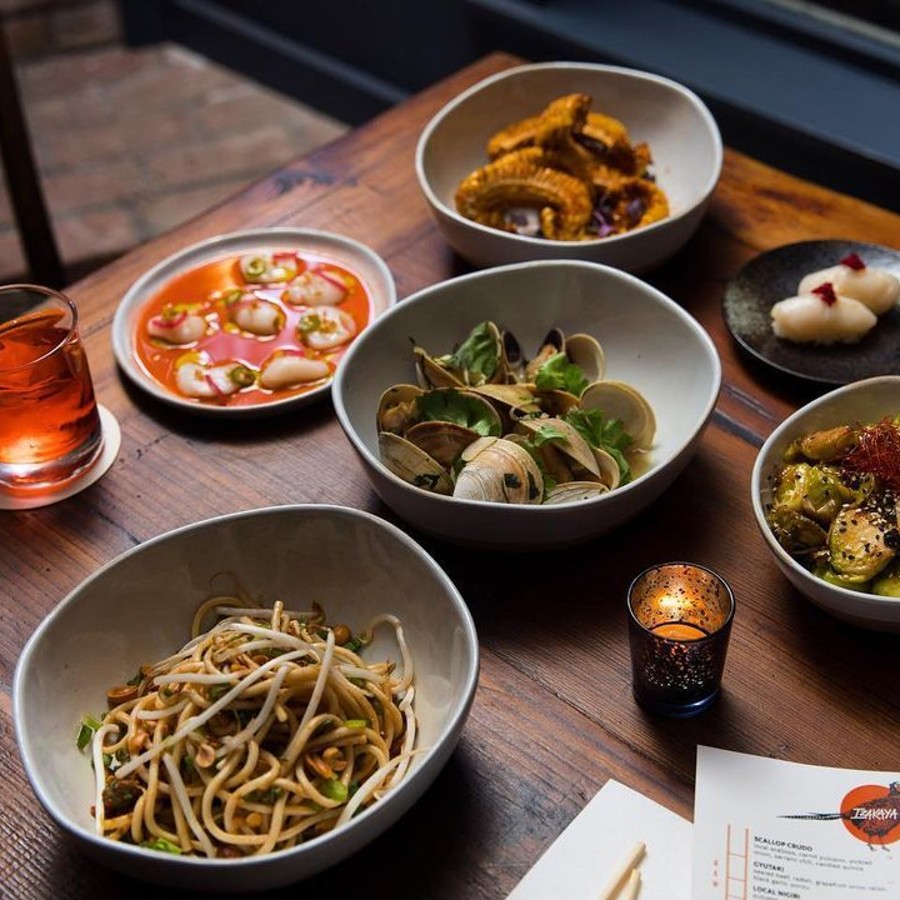
The Pheasant is a casual fine dining restaurant on Cape Cod that focuses on locally sourced food made from sustainably farmed and fished ingredients. They share information on local farms and other suppliers online. All of the seafood on their menu is wild caught, seasonal, and landed in local New England waters. The Pheasant uses compostable takeaway containers, hosts film nights and events, and supports local community initiatives.
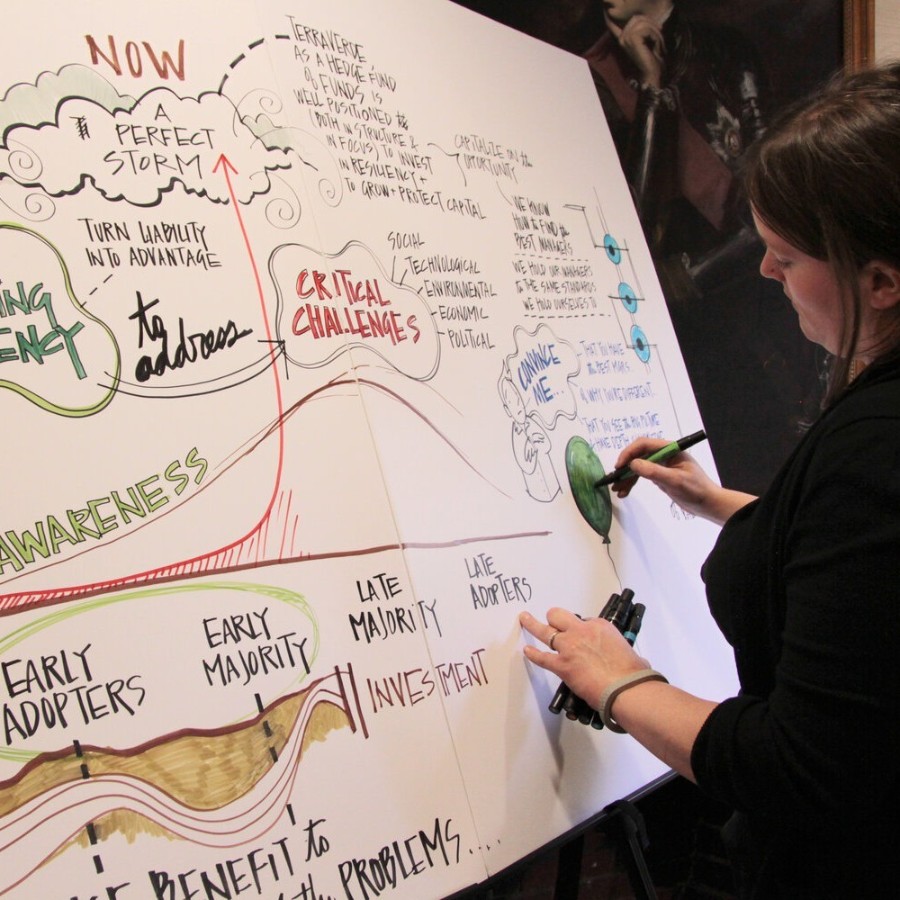
Washington, District of Colombia, United States
TRU2U facilitates creative and purpose-driven communications and marketing for brands, issues and organisations that matter. Their TRUbranding process is aimed at small organizations and social enterprises that can’t afford expensive advertising and branding agencies to evaluate, refine, and forecast brand marketing plans. They work together with an organization’s key stakeholders in a spirit of open creativity and collaboration to reveal the essence of its TRUbrand, create a roadmap, and launch new campaigns, initiatives, or marketing plans. The process is focused on purpose, social impact, and sustainability and is one-tenth the cost of an agency rebrand. TRU2U can also provide ongoing services to help a client implement their strategic communications plan, meet milestones, and achieve goals. They are part of the Social Venture Network, American Sustainable Business Council, and the Amherst College Center for Community Engagement.

Earth Group Global aims to awaken individual curiosity, focus attention on our relationships with each other, our architecture, and our bioregions, and increase alignment with the systems of the Earth as the basis of human health and wellbeing. They offer resources and education services through their website, social media, online mentoring sessions, and discussions. Books, trail guides, maps, and other materials are shared through libraries and community organizations. Earth Group Global connects people with embodied learning; heritage practices, architecture, and sites; regenerative design; and bioregional groups. They document and share stories from the present and the past that enable us to learn from our elders. Earth Group Global is a voluntary initiative by a community of trailblazers, collaborators, and consultants and operates on a not-for-profit open access basis. The founder has been a leader in the bioregional movement since the 1970s.
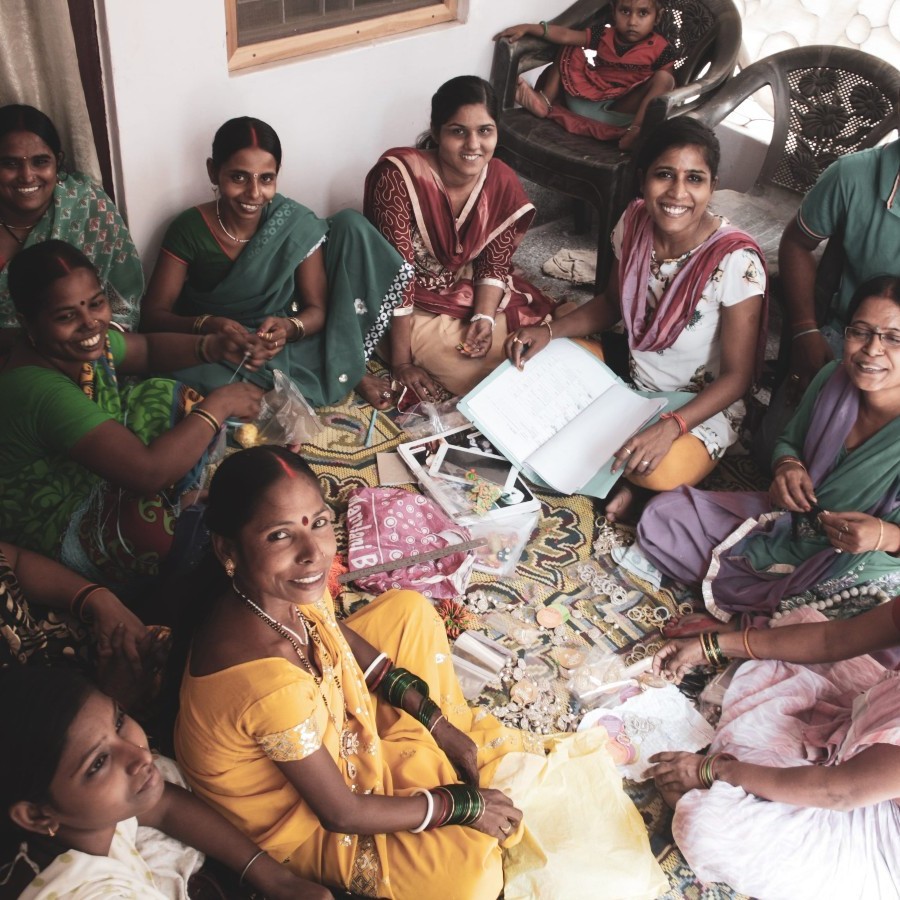
Gaya, Bihar, India
Samoolam started in 2009 as a grassroots initiative focused on inclusive and sustainable livelihood solutions for the women of Gaya in Bihar, India. Over the years, they have trained more than 500 women and now work with a network of 110 skilled artisans to create functional crochet housewares, jewelry, and other accessories. Samoolam collaborates with conscious designers and brands and develops customized products for a wide range of partners. Participating women artisans have access to stable, dignified employment, skills development, English language and computer training, and leadership and management opportunities. They have opened bank accounts, increased their wages, improved their standards of living, and paid for their children’s education. Samoolam minimizes waste and uses natural fibers and upcycled or recycled raw materials. They are certified by Craftmark.
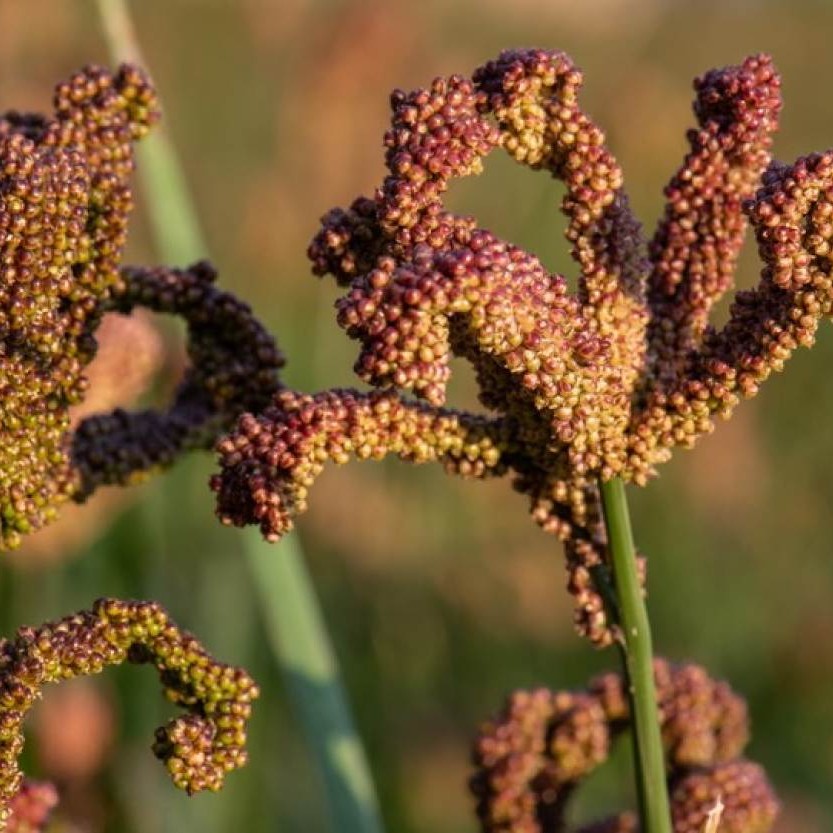
Indigi Foods aims to open new markets for farmers, strengthen rural economies, curb hunger and malnutrition, and mitigate climate change by increasing the acceptance and consumption of underutilized indigenous African grains. Their vision is a Nigeria where people eat delicious food that is healthy, locally sourced, and produced in a sustainable manner. Indigi Foods’ flagship product is a natural flour mix made from malted tamba and fonio millets. These indigenous millets have a low carbon and water footprint, are resistant to drought, and exhibit high local yield potential compared to maize and wheat. Their tamba mix is a nutritious, local alternative to imported custard powder. Indigi Foods is part of networks like Nourishing Africa and Catalyst 2030.
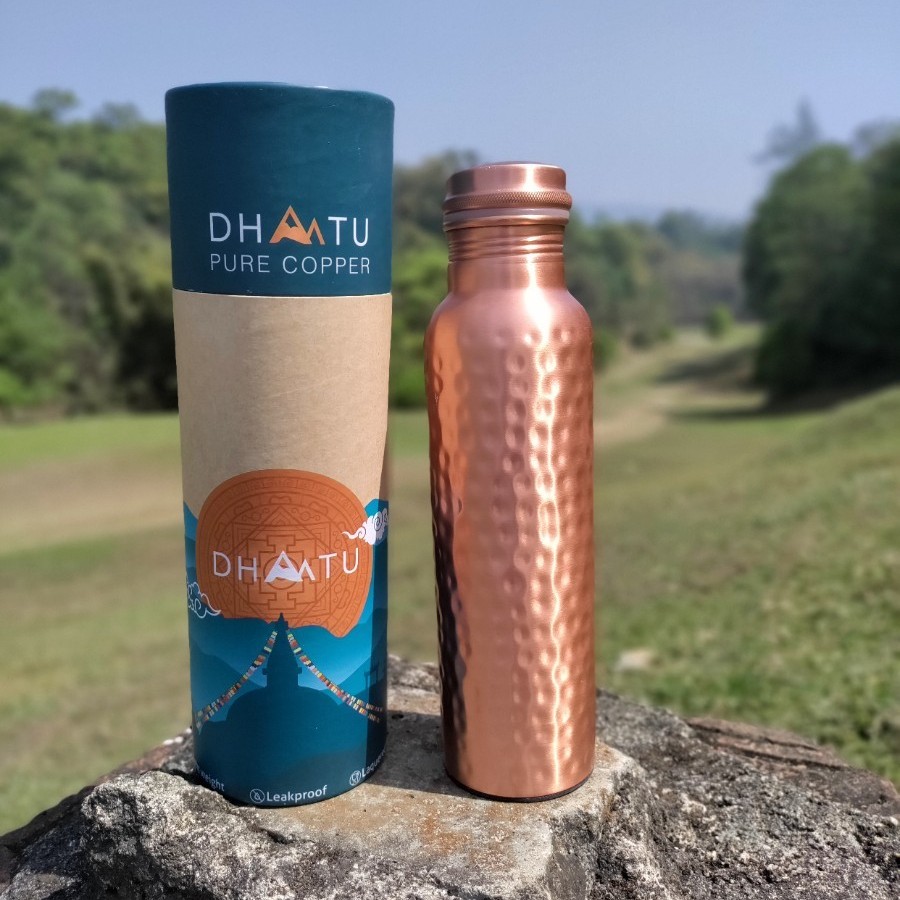
Dhaatu aims to reduce landfill pressure and provide livelihood opportunities for local artisan communities by recycling Nepal’s electronic waste and scrap metal into useful household products. Scrap materials are collected, sorted, and melted to make pure metal sheets, which are hand beaten and shaped into tumblers, bottles, carafes, tableware, and serveware by Tamrakar artisans. Their copper drinkware line provides an alternative to plastic and is associated with Ayurvedic health benefits. Dhaatu maintains low margins to maximize benefits to the artisans and ensure that products are affordable and accessible for customers.
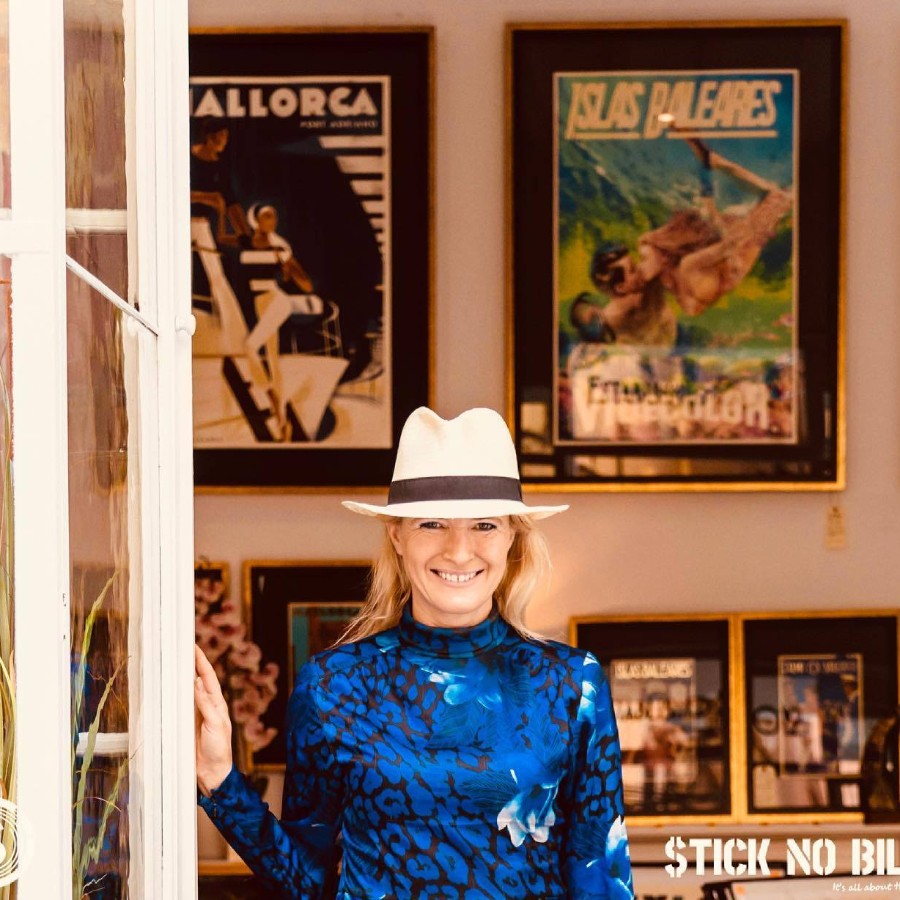
Palma, Spain and Galle, Sri Lanka
Stick No Bills curates, digitizes, catalogs, remasters, prints, and distributes licensed vintage poster art. Their flagship galleries in Galle Fort and Palma specialize in framed limited editions and open edition prints from their Sri Lanka and Islas Baleares travel poster collections. All papers used in the open edition range are either partially recycled or Forest Stewardship Council certified. Posters are packed in dent-resistant, compostable tubes that are handmade in Sri Lanka. Stick No Bills is committed to giving back and being a force for good in the communities where they have grown. They donate a fixed percentage of profits from different designs and collections to relevant social and environmental causes including the Sri Lankan Wildlife Conservation Society wild elephant protection programs, The Galle Heritage Foundation, Surfing Federation of Sri Lanka, Save The Med Foundation, The Humming Bird Initiative, Médecins Sans Frontières, the Red Cross, and UNHCR, the UN Refugee Agency. Stick No Bills is a member of the Gallery Climate Coalition, which is working for a more sustainable art world.
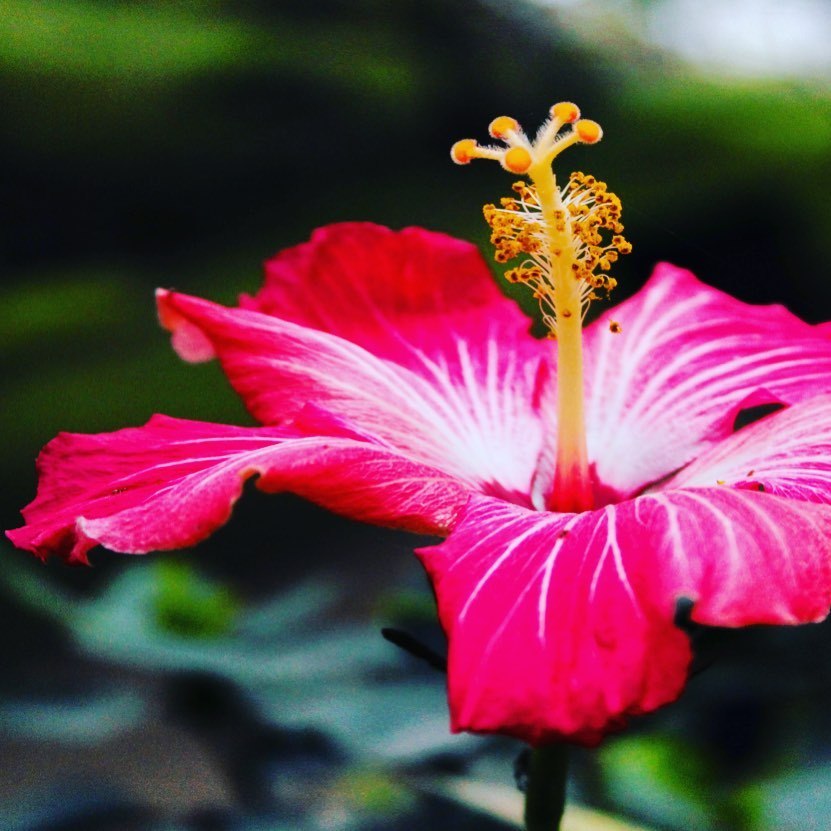
Alchemy Botanicals empowers people to rebalance their bodies using natural, evidence-based tonics, elixirs, and skincare made from Sri Lankan plants. Ingredients are extracted using traditional methods with no solvents, alcohol, or additives, and the extraction byproducts are used in healing natural bath salts. Products are made from sustainably sourced ingredients and sold in reusable glass bottles. Alchemy Botanicals prioritizes wellbeing and knowledge sharing over sales. They use their platform to teach people how to forage for plants and recreate products for free at home. They also give free bottles to local community members suffering from inflammatory conditions like arthritis. Alchemy Botanicals supports Thalangama Nature Watch.
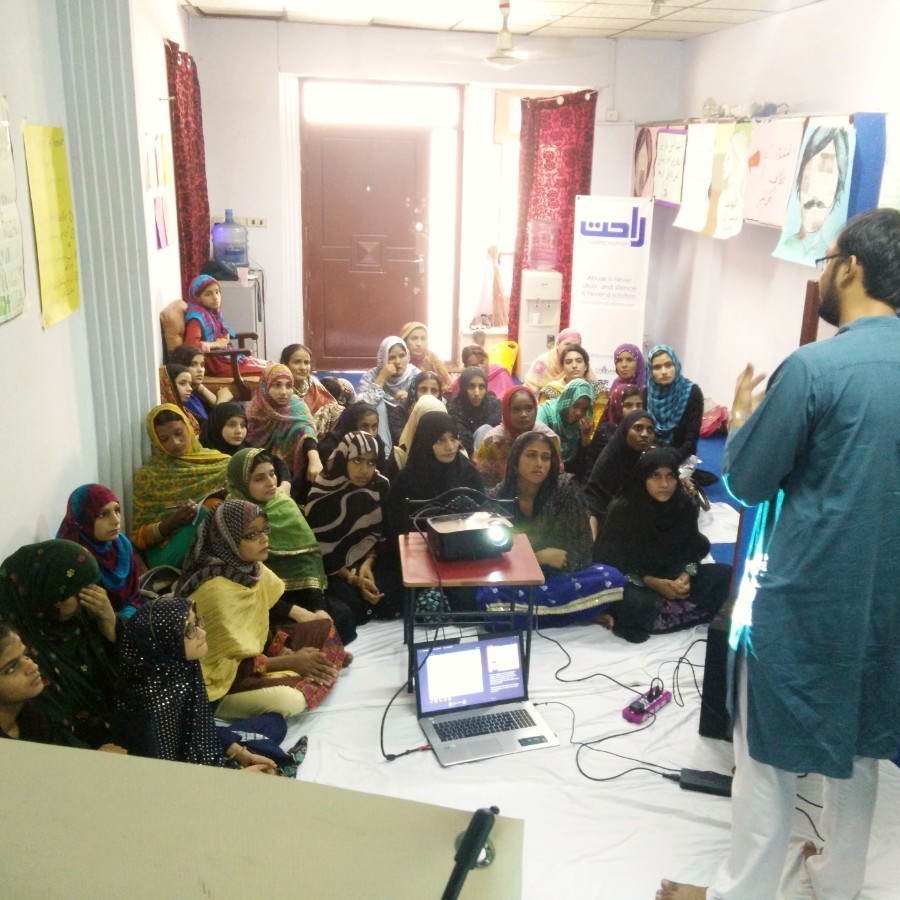
Taskeen, which means “to comfort” in Urdu, works to promote wellbeing and prevent mental illness in Pakistan. They aim to change attitudes and behaviors around mental health and wellbeing through awareness, education, expression, and advocacy. Their trained counselors offer corporate wellness programs and a free mental health helpline to provide compassionate listening services to those in need. They also coordinate mental health information campaigns and work with key stakeholders to ensure that mental health is seen as being as important as physical health. Taskeen is registered as a not-for-profit organization and publicly shares their registration documents, organizational policies, and annual reports.

Roads Less Travelled Sri Lanka specializes in travel writing, photography, and travel advisory services with a focus on rural Sri Lanka. They offer authentic insight and experiences while preserving the island’s ancient heritage and natural environment. Their travel images are now available as a set of greeting cards that provide a glimpse of Sri Lanka and support local social enterprises. The greeting cards come in recycled paper packaging that is handmade by young adults with special needs at the Chitra Lane Sheltered Workshop in Colombo and by rural women who produce elephant dung paper at Eco Maximus in Kegalle. The Roads Less Travelled Sri Lanka team are members of the Sri Lanka Natural History Society, Wildlife and Nature Protection Society, and The National Trust Sri Lanka.
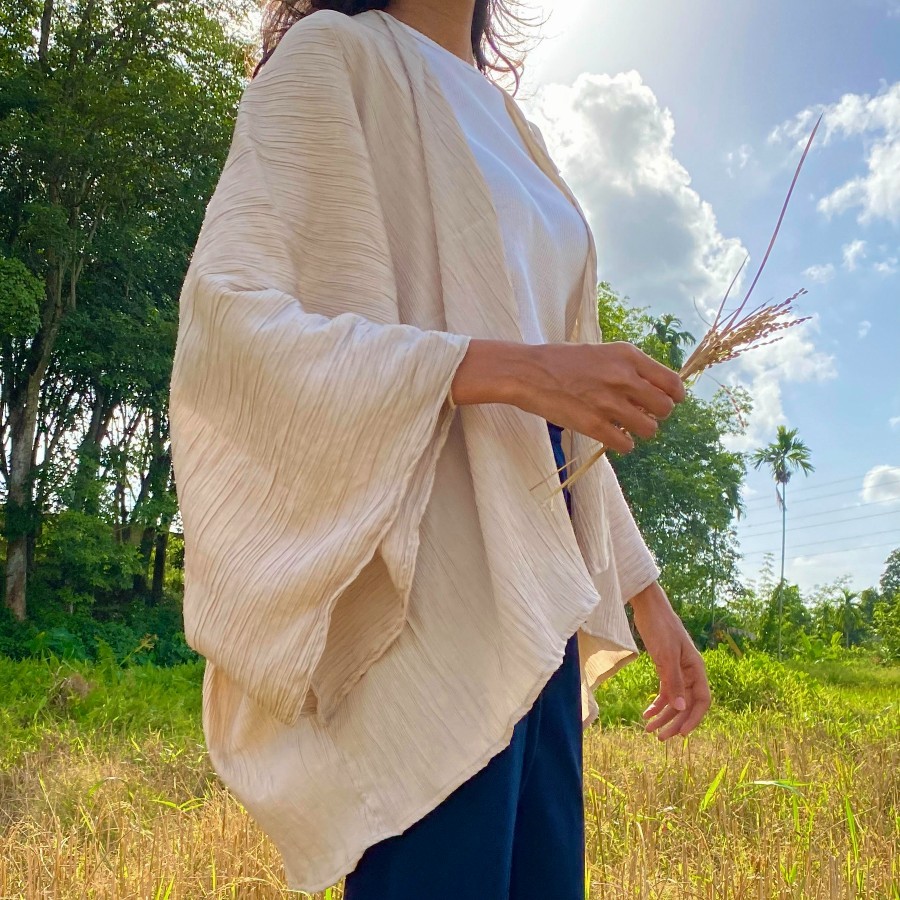
Scerendip, which combines serendip and scenic, is an upcycled clothing brand committed to zero waste practices for a sustainable and beautiful Sri Lanka. They work with local textile waste resellers to source deadstock fabrics and transform them into timeless women’s clothing. Using waste fabric means only a few clothing items are produced in a single color, so they have partnered with a local garment manufacturer to source leftover colored thread to reduce inventory and waste. The plastic spools are returned to the garment manufacturer for reuse. Scerendip lays out patterns to minimize waste. They use remnants to produce hats and scrunchies and any remaining scraps to stuff handmade upcycled dress forms. Paper waste is upcycled as packaging or recycled in-house into handmade paper.
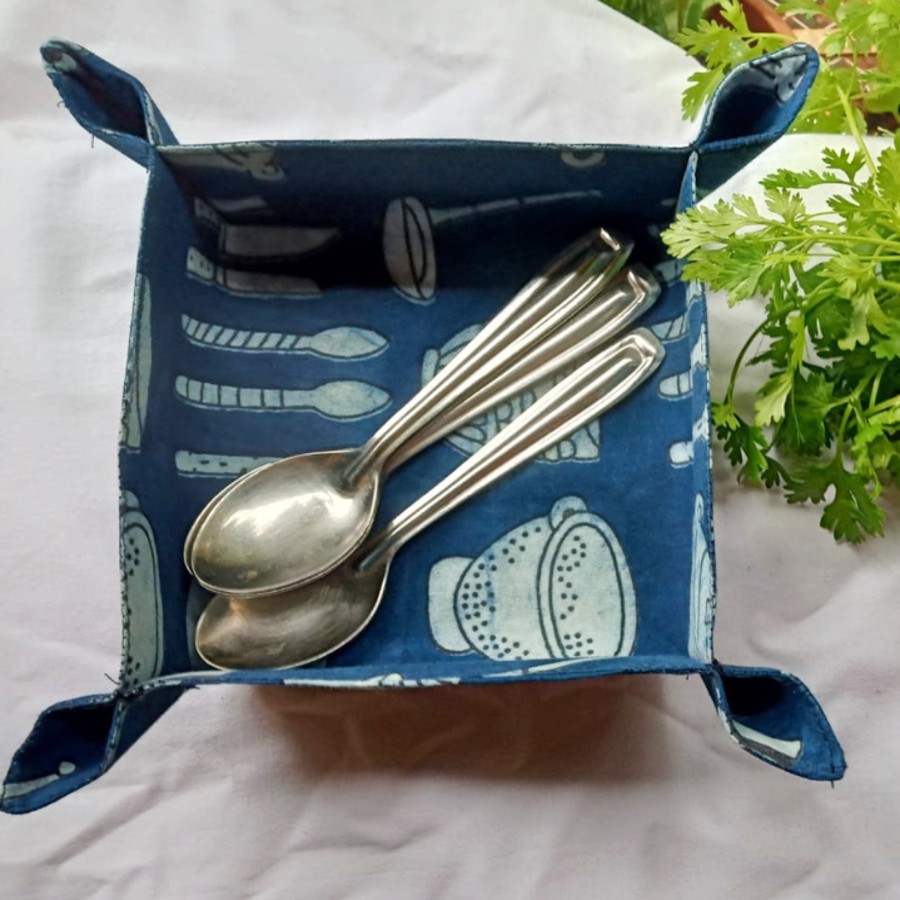
Tohfa creates functional bags, organizers, accessories and housewares from offcuts of Indian cotton fabrics. They focus on providing affordable, environmentally responsible alternatives to mass-produced plastic products. Tohfa uses locally sourced materials, provides home-based livelihood opportunities to local women, and makes products to order to minimize waste. They support an organization that benefits orphans.
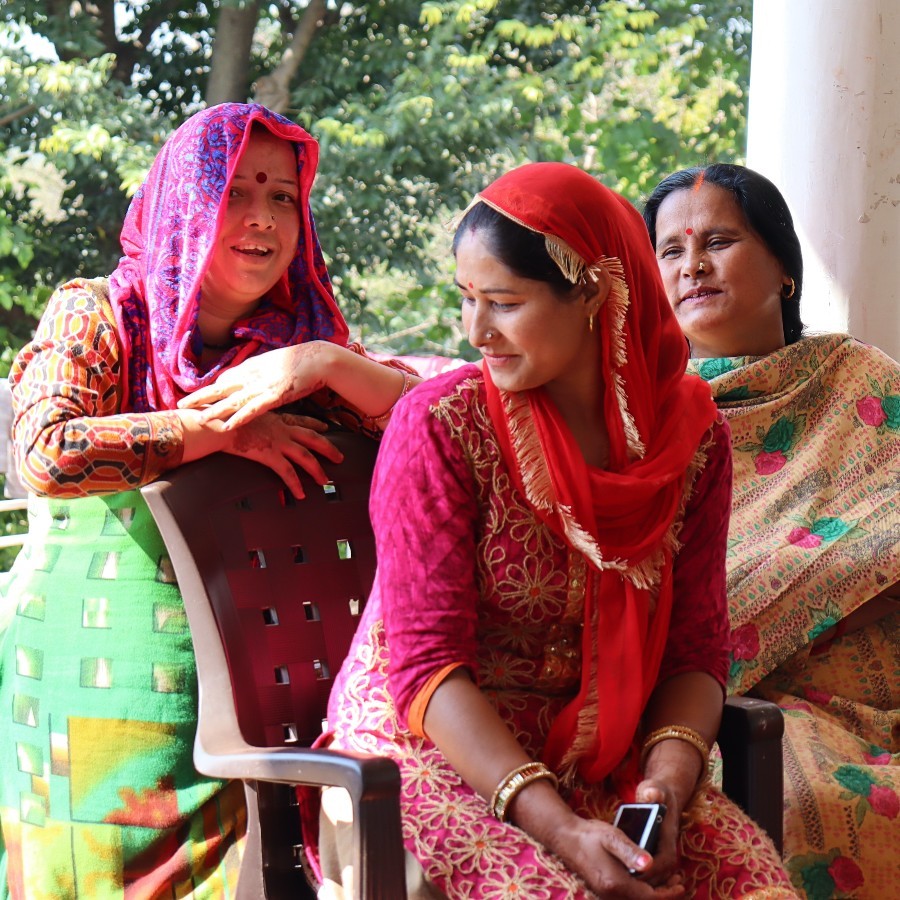
Knitting Huts works with villagers in the foothills of the Himalayas to produce hand knit clothing and housewares. They follow fair trade practices, sponsor school education for children of eligible knitters, and partner with local charities to provide reliable employment to their target communities. Knitting Huts started by sourcing yarn from conventional suppliers, but they are in the process of transitioning to local wool yarn from sheep and yak herders in the region. They produce affordable baby clothing, table coasters, and other products for the local market.
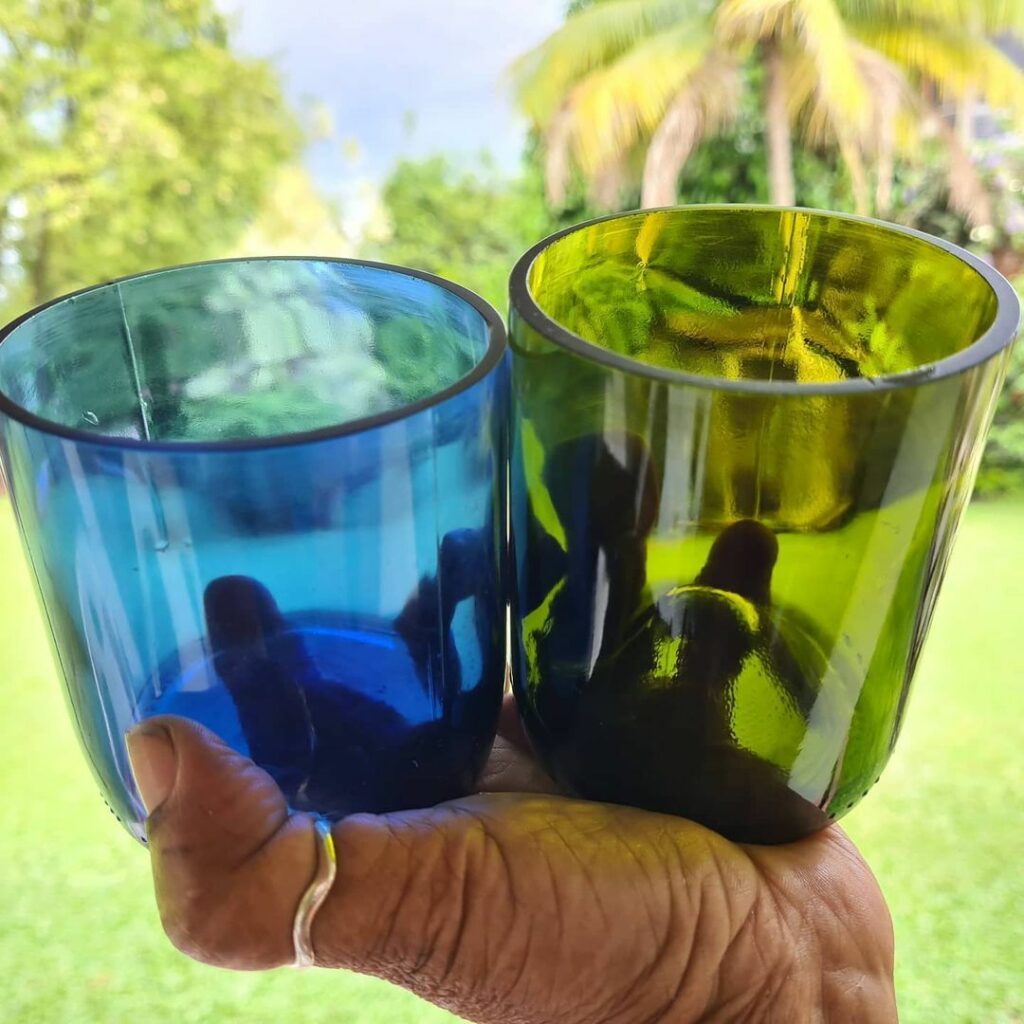
Bothale collects glass bottles and upcycles them into drinking glasses, candle covers, wind chimes, lamps, storage containers, and other housewares. The products are cut and polished by hand and packed in recycled paper. Bothale uses their platform to promote waste reduction, reuse, upcycling, and recycling.
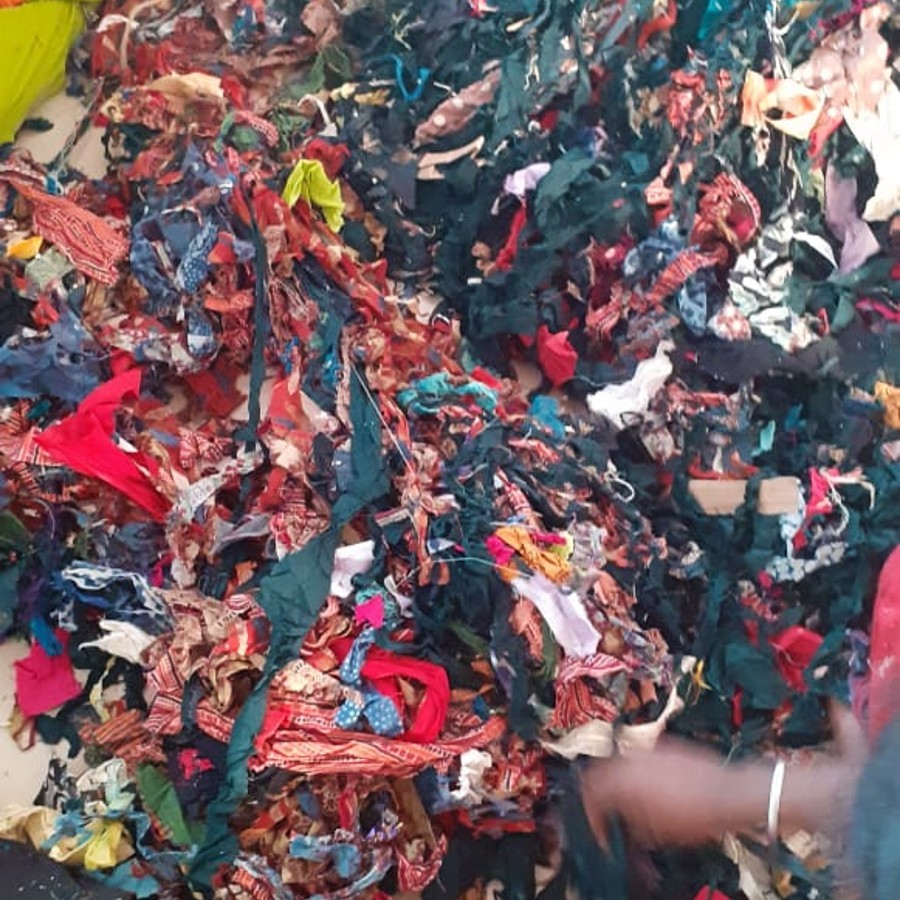
Samposhan works with marginalized women to prevent textile waste from going to landfills in Chennai. They reclaim fabric scraps from tailors, convert them into useful housewares and accessories, and provide an alternative to conventional products made from resource-intensive virgin textiles, plastic, metal, or other materials. Samposhan monitors their direct impact by tracking the weight of fabric that they rescued, sorted, and transformed into functional new products. They also organize zero waste workshops, repair cafes, and programs for companies, schools, and community groups.
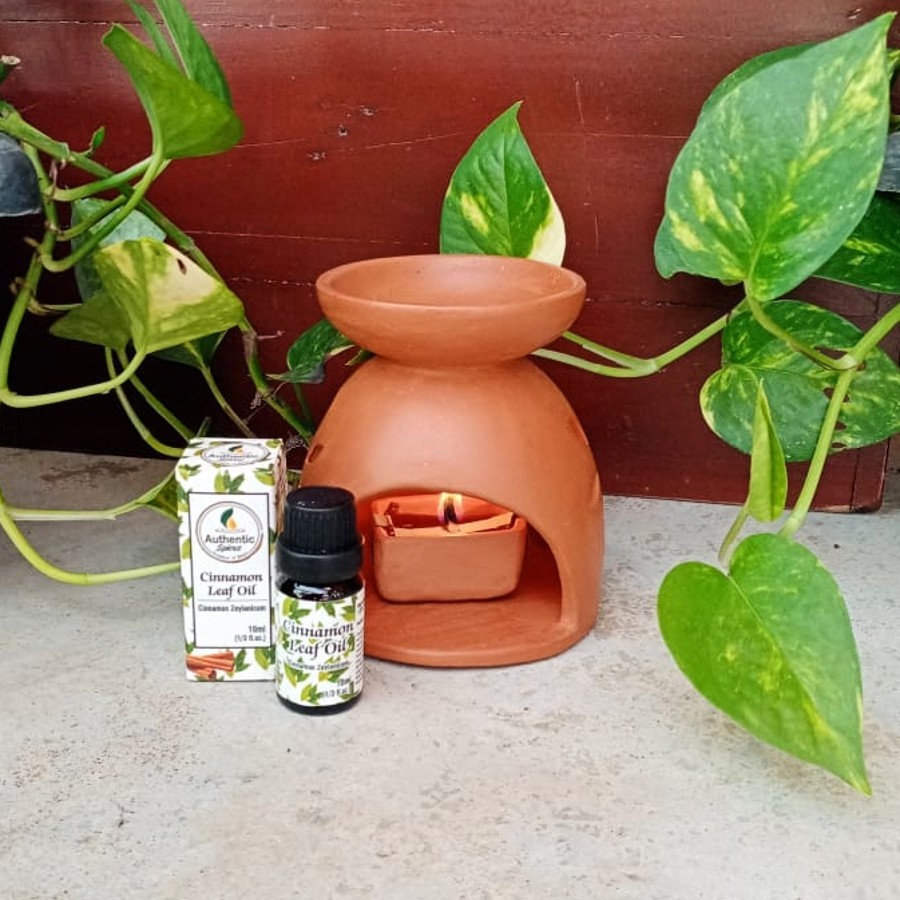
Authentic Spices is a community initiative in rural Galle that aims to creates sustainable livelihood opportunities for local women by producing cinnamon leaf essential oil and aromatherapy lamps. Many women in the area feel pressure to leave their families and work in the Middle East. Authentic Spices enables them to earn an income from home. The essential oil is made from cinnamon garden waste materials, and the clay is sourced locally. Authentic Spices is investing in solar power and pledges 10 percent of profits to support women entrepreneurs.
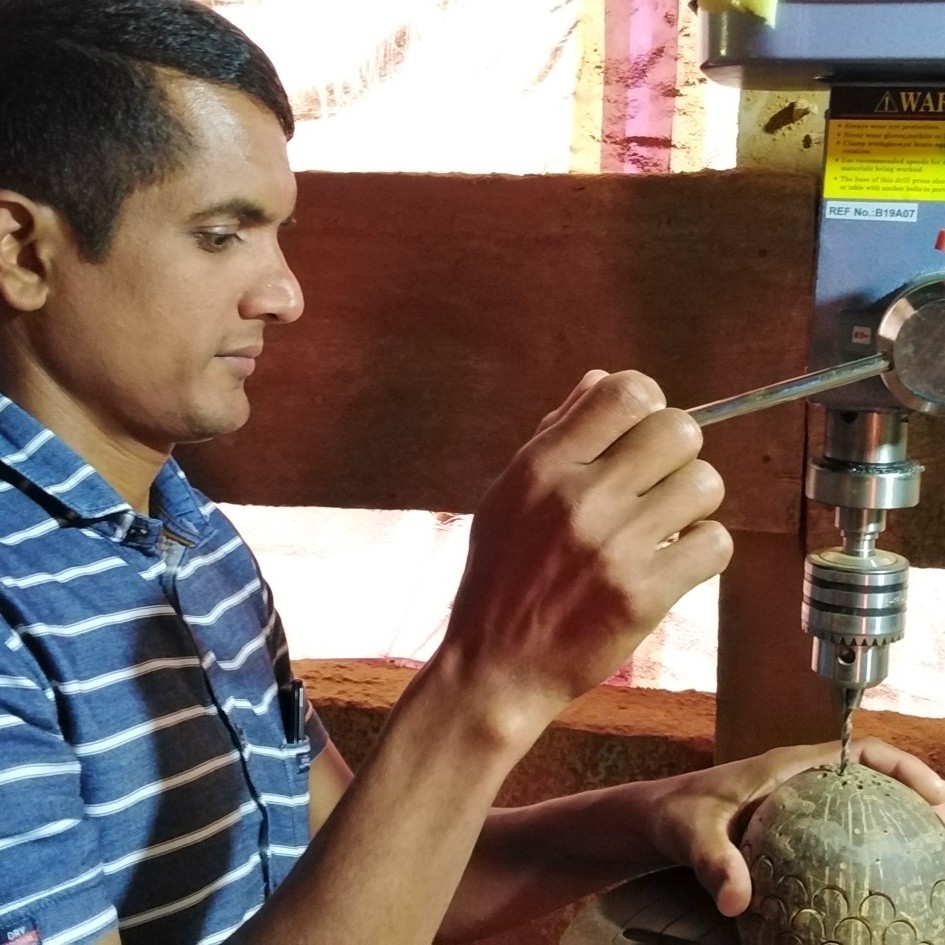
NJ Art creates functional housewares and accessories from coconut shells and provides job opportunities for rural youth. They transform a renewable and biodegradable waste material into light covers, candle holders, cups, bowls, utensils, jewelry, and more. NJ Art purchases coconut shells from rural families and uses their profits to educate differently-abled school children.
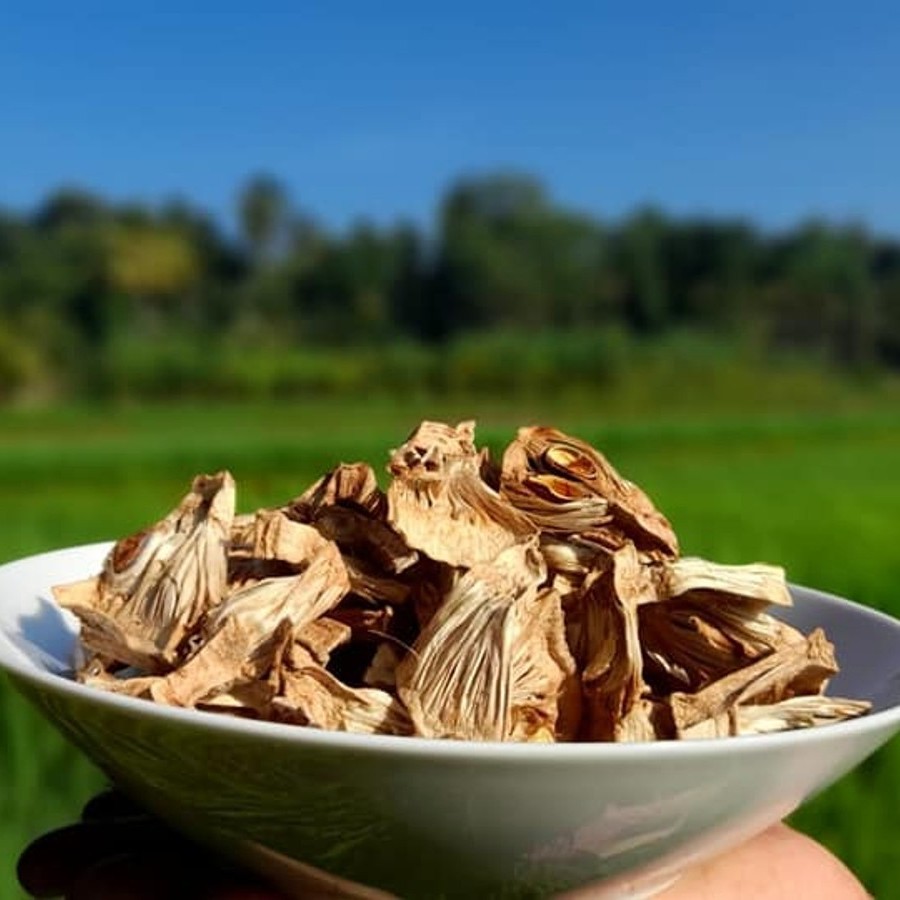
Serandib specializes in natural value-added food products to reduce food waste, support rural livelihoods, and increase year-round fruit and vegetable consumption. They source rambutan, mango, jackfruit, breadfruit, kohila, bitter gourd, gotukola and other fresh produce directly from rural families and produce dehydrated and bottled fruits and vegetables with no preservatives. Serandib aims to create employment opportunities for rural youth and give back to rural communities.

Kadawatha, Sri Lanka
Audharya supplies herbal tea and natural sweeteners from indigenous and traditional communities in Sri Lanka. They source nelli fruit and sustainably harvested wild bee honey from families in the Nilgala forest region and kithul palm syrup from Kalukandawa village near the Sinharaja rainforest. Audharya pays above market rates and is committed to long term partnerships with these communities to protect their way of life and their environment.
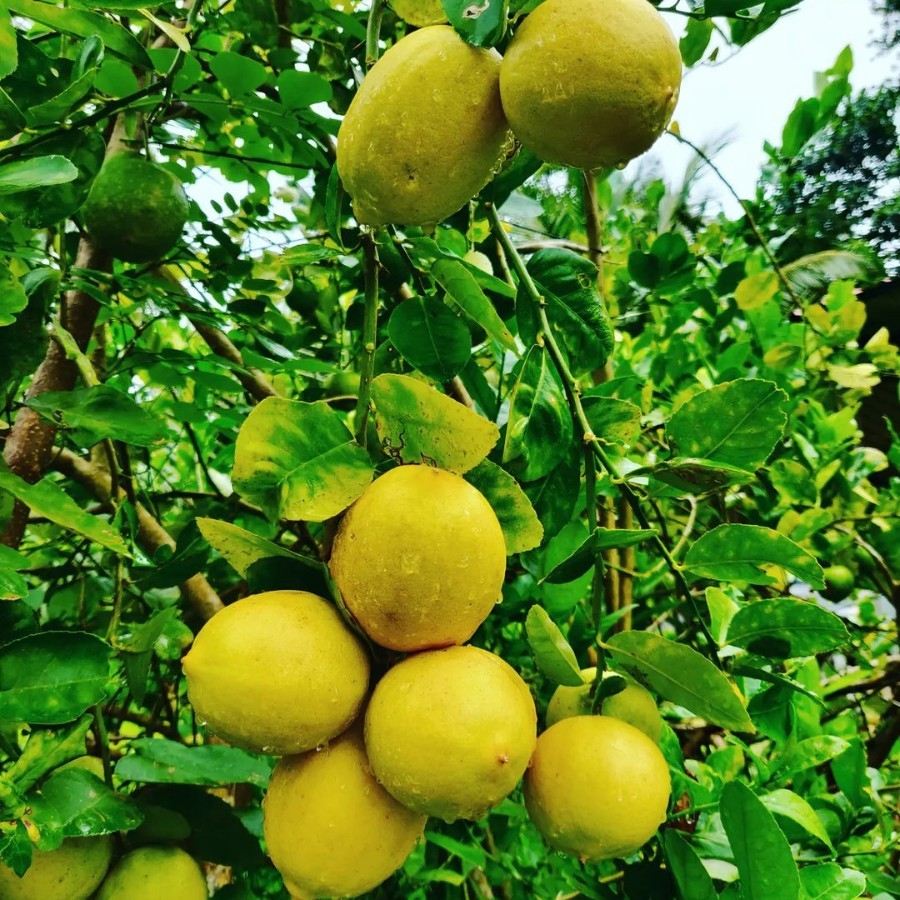
Kuliyapitiya, Sri Lanka
Simply Citrus was started on a farm in Kuliyapitiya. They use surplus citrus fruit to make lemon and lime syrup with no artificial preservatives. Simply Citrus offers a natural, local alternative to drinks made with artificial flavors and imported ingredients. They use five percent of profits to support the local community near the farm.
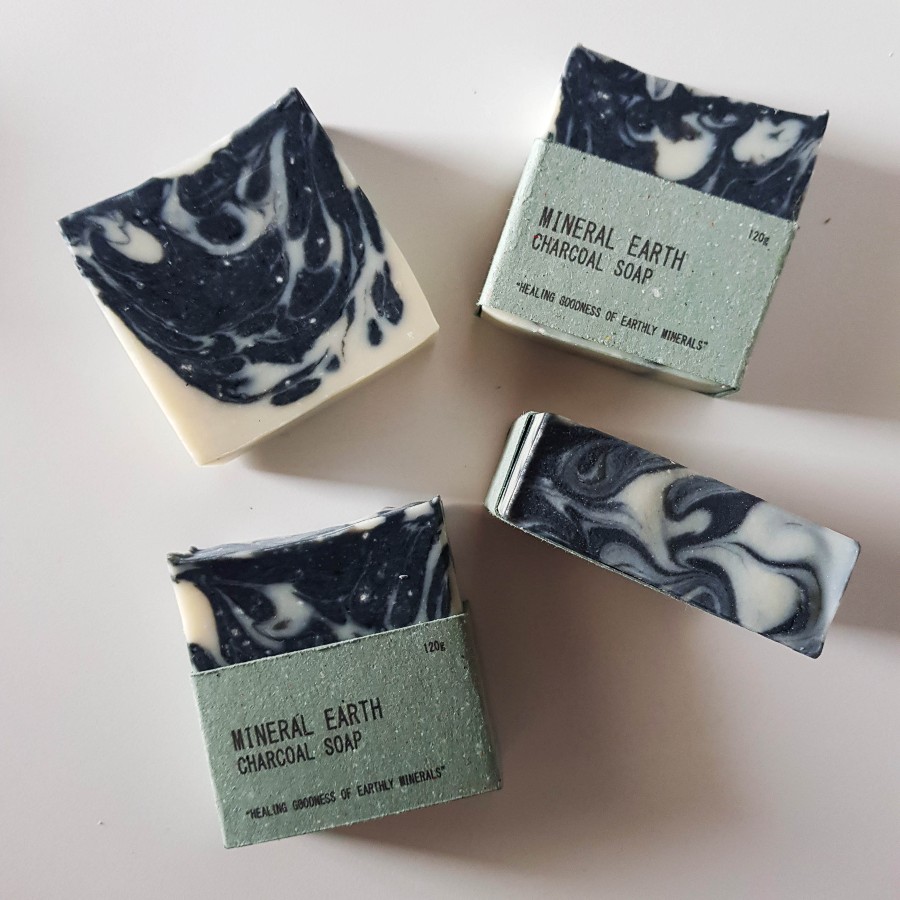
Maharagama, Sri Lanka
Mineral Earth creates natural soaps, beard balms, hair wax, and other skin and hair care products. They specialize in clay soaps made with the “healing goodness of earthly minerals.” Ingredients include bentonite clay, kaolin clay, shea butter, activated charcoal, turmeric, moringa, sandalwood, beeswax, and essential oils. For packaging, Mineral Earth uses recycled paper and containers that are easily recyclable or reusable.
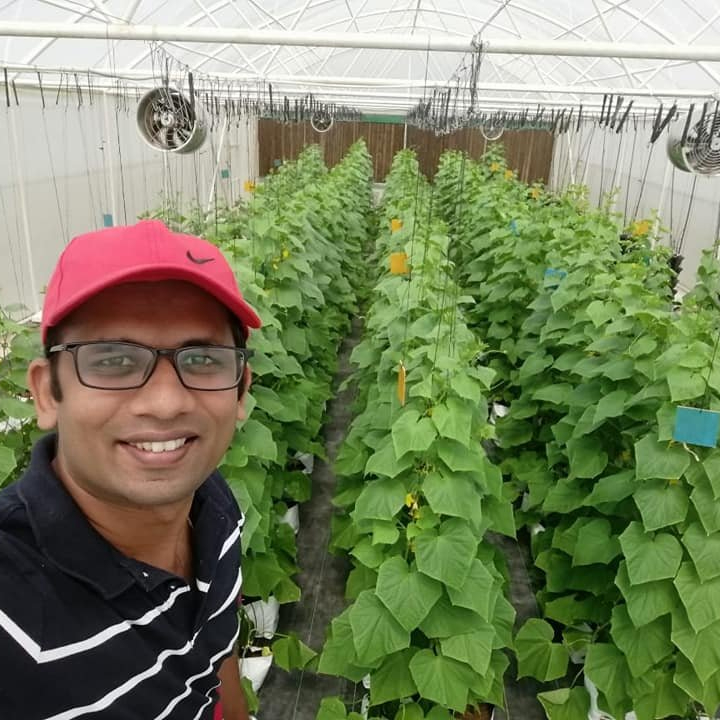
Agreez grows pesticide-free salad greens, cucumbers, tomatoes, and peppers in a soilless hydroponic system. They aim to increase local food security and reduce the environmental footprint of perishable fresh produce. Agreez conducts free demonstrations and training sessions on hydroponics and greenhouse production with a focus on reducing food miles, air and water pollution, land requirements, and harmful biocides.
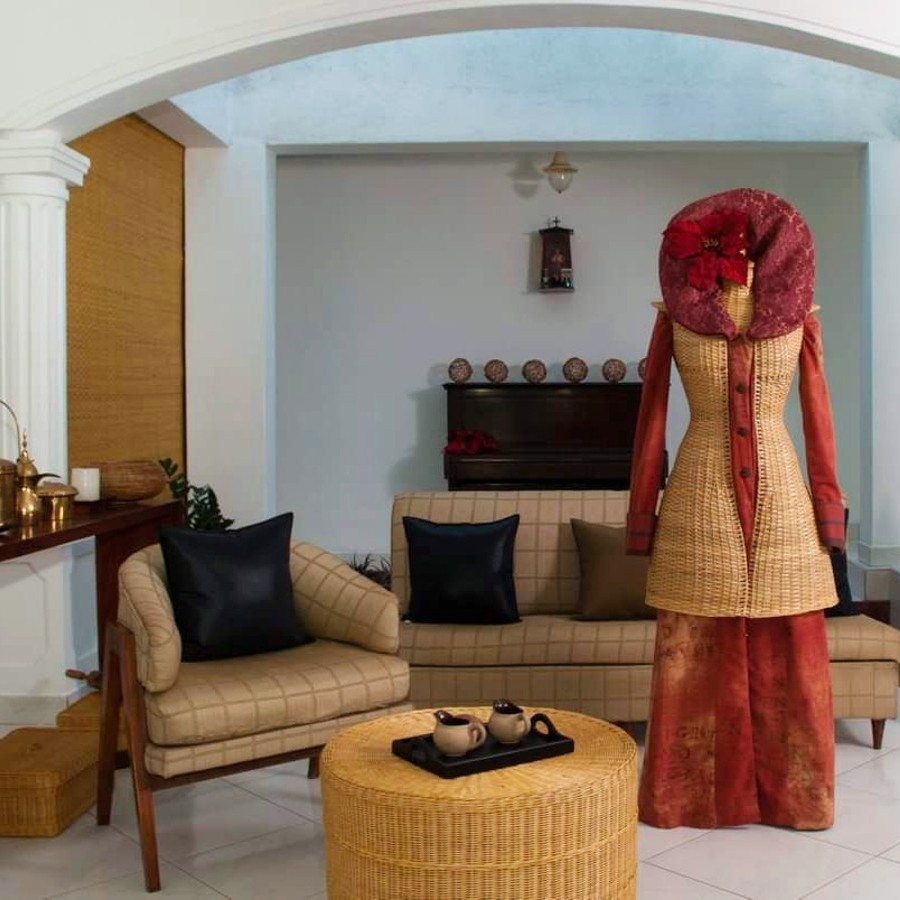
Narangoda Paluwa, Sri Lanka
SeaFoam and Coco designs and creates lifestyle products and provides interior design and fashion design services with a focus on sustainability. They partner with local artisans in Sri Lanka and specialize in housewares made from cane, kithul wood, handmade paper, handloom, and other natural materials. The founder directly works with producers in underprivileged communities to identify their talents, improve their skills, develop new designs, and link with market opportunities. SeaFoam and Coco supports artisans with their children’s education.
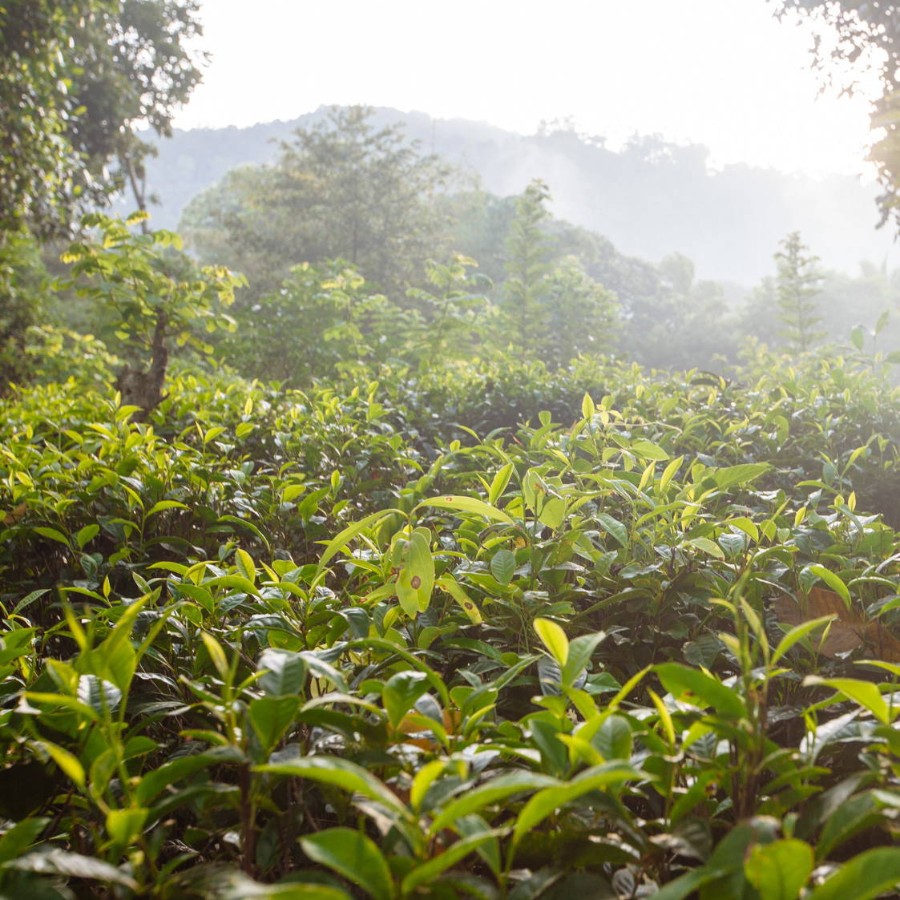
Heritage offers organic certified herbal tea, green tea, and Ceylon black tea. They partner with Bio Foods and Ahinsa, ethically source from small-scale farmers, and contribute two percent of all sales to ecological tea garden development programs. The products are under USDA organic certification from Control Union.
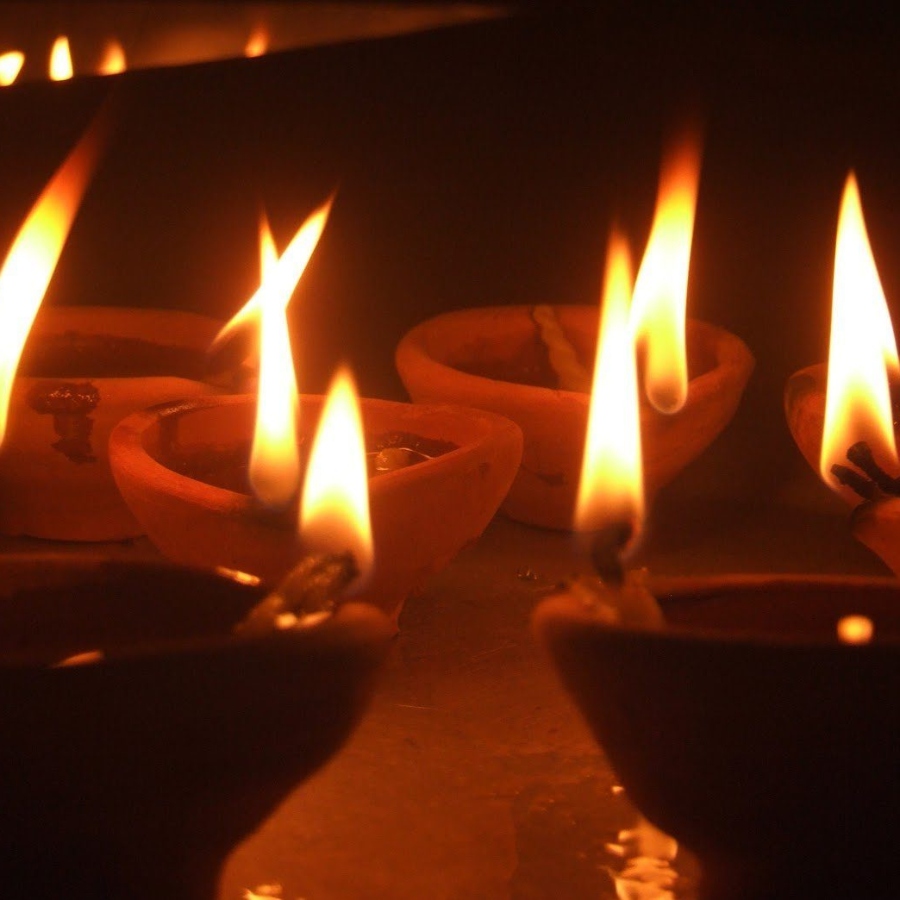
Lak Deepa produces handmade cotton wicks that are used in clay and brass coconut oil lamps in Sri Lanka. These traditional oil lamps are an important part of many local ceremonies. Lak Deepa was started by a woman in the Godagama area of Meegoda to earn additional income for her household and has expanded to provide flexible livelihood opportunities for single mothers and other low-income women in the area. Most of the women in the community work as domestic help in Colombo for low salaries. Lak Deepa sells to local shops and ensures their products are affordable for low-income groups.
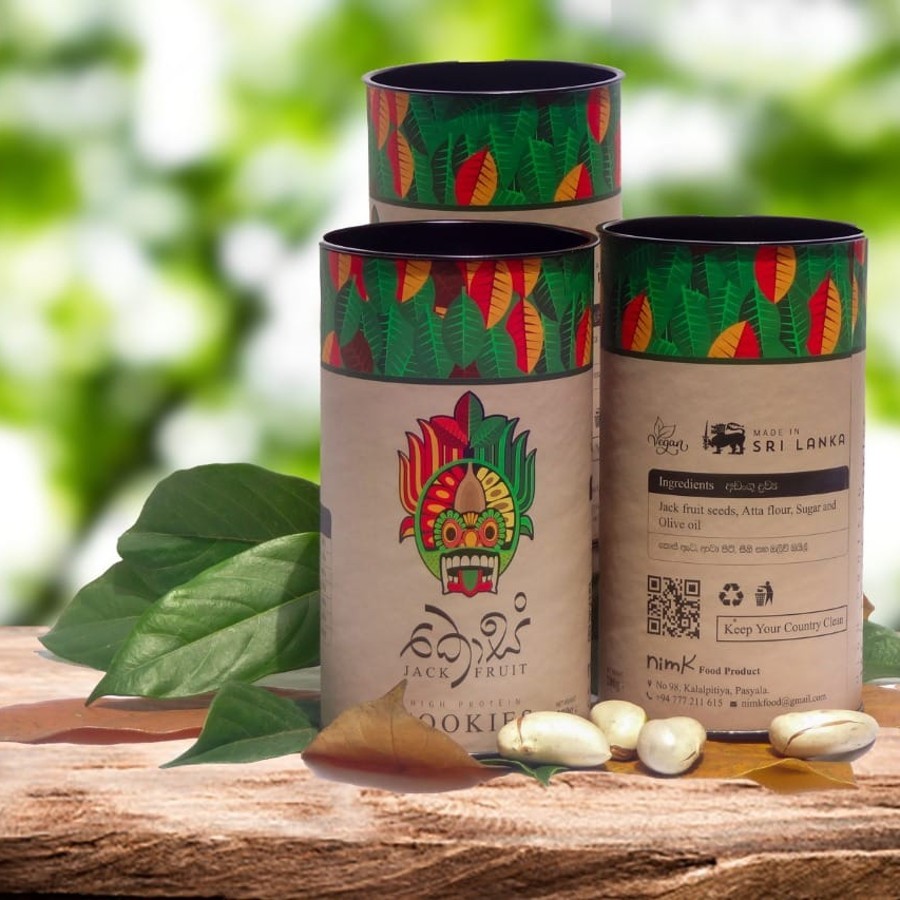
Nim K uses natural local ingredients to produce nutritious treats and snacks. They are known for their dehydrated jackfruit chips, kurukkan finger millet cookies, and jackfruit seed cookies. Jackfruit is a large and abundant fruit. These value added products reduce food waste and provide an alternative to unhealthy imported snacks. Nim K provides livelihood opportunities for women from low income families, has a profit sharing program with suppliers, composts waste, and donates five percent of profits to local environmental conservation initiatives.
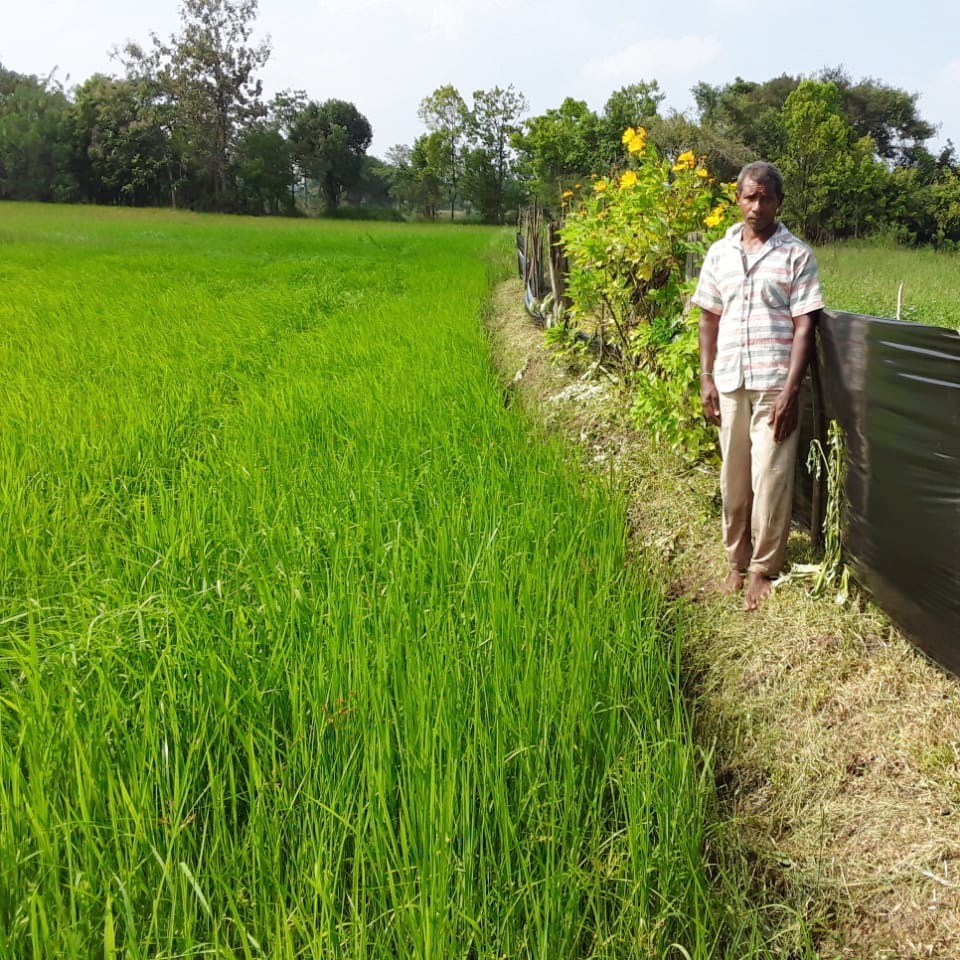
Padavisripura Green Organic is a producer group of small-scale farmers in eastern Sri Lanka that want to make healthy, organic food available to local consumers. They practice mixed cropping, prepare compost, liquid fertilizers, and pest repellents from locally available materials, maintain live fences, and save seeds for local adaptation. Their children help with recordkeeping. Crops include heirloom rice, dry zone vegetables, peanuts, maize, local yams, cassava, ginger, turmeric, banana, guava, beli fruit, ambarella, soursop, woodapple, orange, mango, and coconut. Padavisripura Green Organic is verified under a local organic participatory guarantee system (PGS).
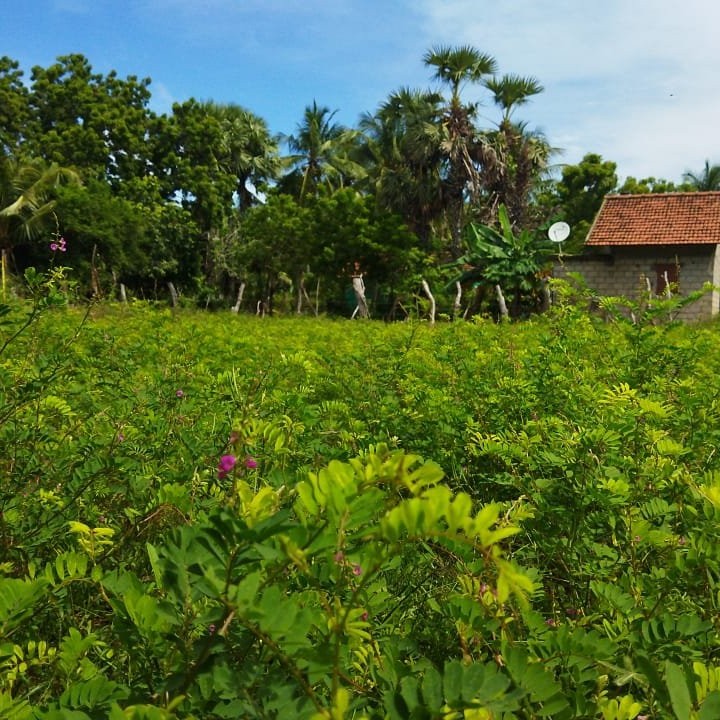
Sevvanthi Natural Farming Producer Group is a cluster of small-scale organic farmers in eastern Sri Lanka committed to growing affordable natural food and protecting the environment. They produce their own compost, liquid fertilizers, and biopesticides from locally available materials. Crops include dry zone vegetables, leafy greens, and legumes. Members also grow ginger, turmeric, cassava, banana, papaya, lime, guava, mango, and coconut. Sevvanthi Natural Farming Producer Group is verified under a local organic participatory guarantee system (PGS).
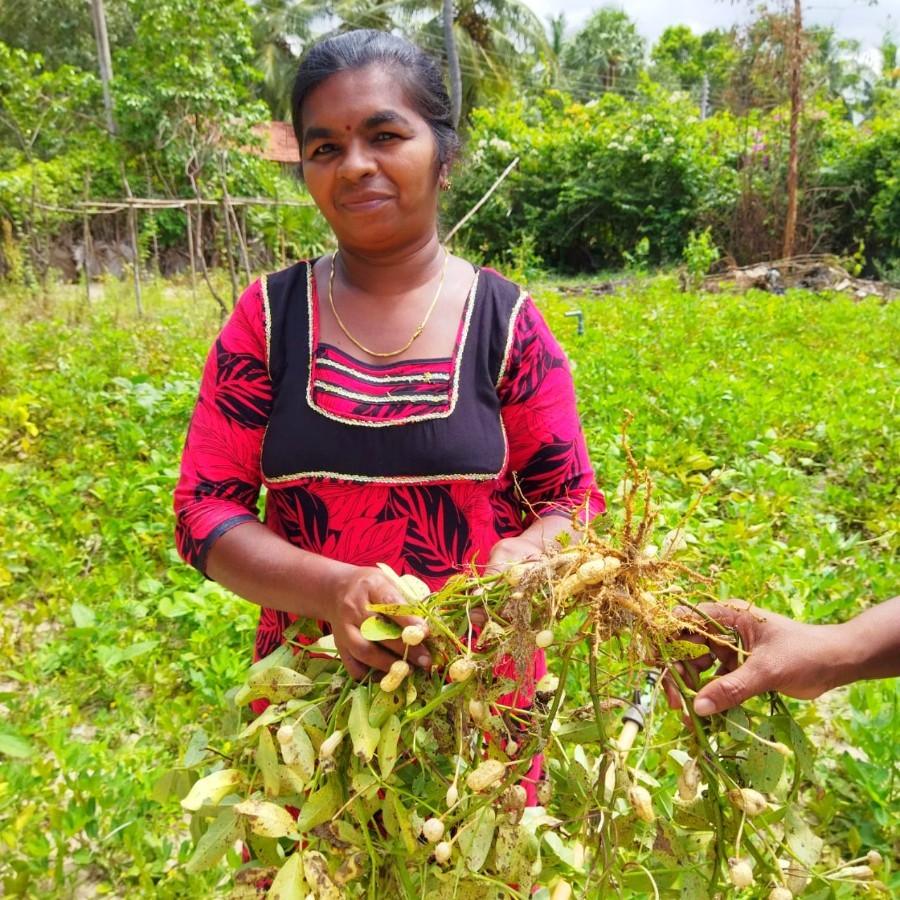
Kinnaiyadi Iyatkai Vali Natural Farming Producers Group is a cluster of small-scale organic farmers in eastern Sri Lanka committed to growing affordable natural food and protecting the environment. The area has sandy soil so members are working to improve soil quality. Crops include dry zone vegetables, leafy greens, and legumes. Members also grow banana, papaya, goraka, tamarind, orange, pomegranate, guava, mango, and coconut. Jamunai Natural Farming Producer Group is verified under a local organic participatory guarantee system (PGS).
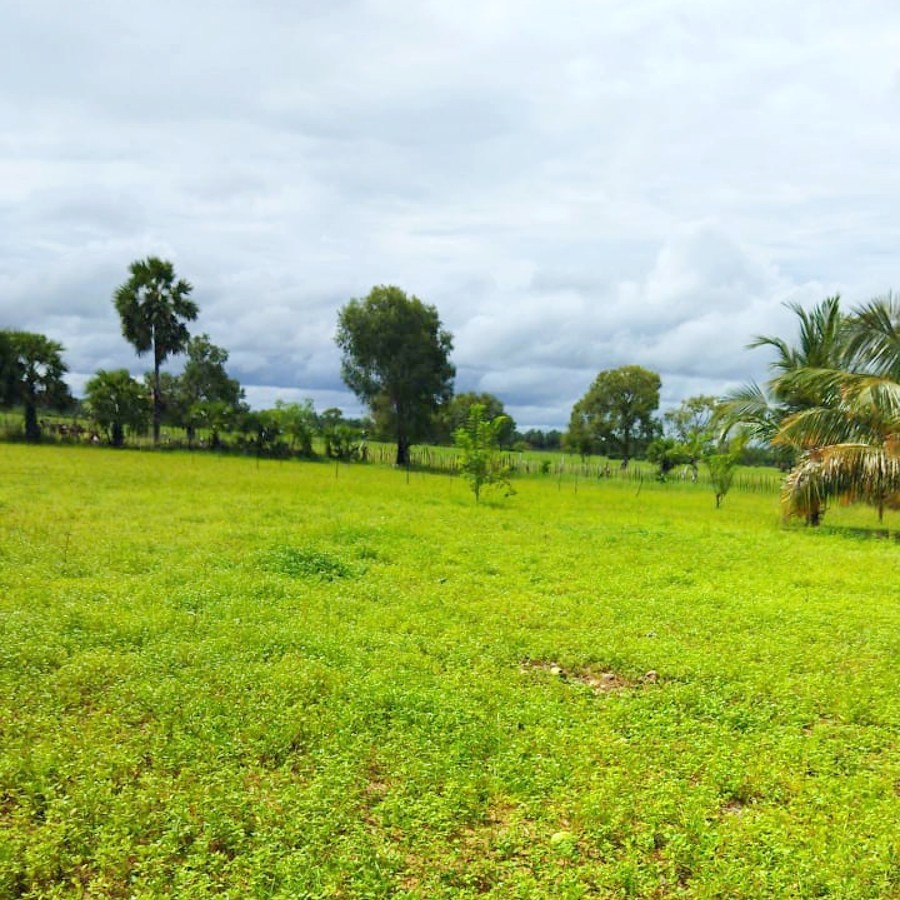
Jamunai Natural Farming Producer Group is a cluster of small-scale organic farmers in eastern Sri Lanka committed to growing affordable natural food and protecting the environment. They produce their own compost, liquid fertilizers, and biopesticides from locally available materials. Crops include dry zone vegetables, leafy greens, and legumes. Members also grow ginger, turmeric, cassava, banana, papaya, guava, pomegranate, mango, coconut, and king coconut. They produce free range eggs for local consumption. Jamunai Natural Farming Producer Group is verified under a local organic participatory guarantee system (PGS).
Know an initiative that’s good for people and good for the planet? The application is currently available in English, Sinhala, Tamil, Urdu, Spanish, and Japanese and started in Nepali: www.goodmarket.global/apply Want to help make it available in another language? Learn more about the community translation project here.